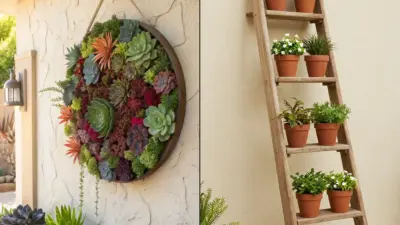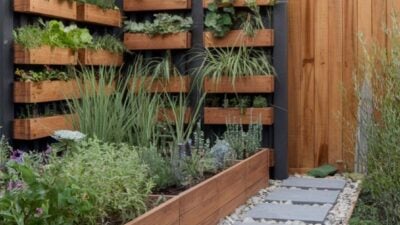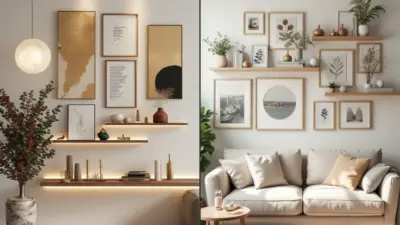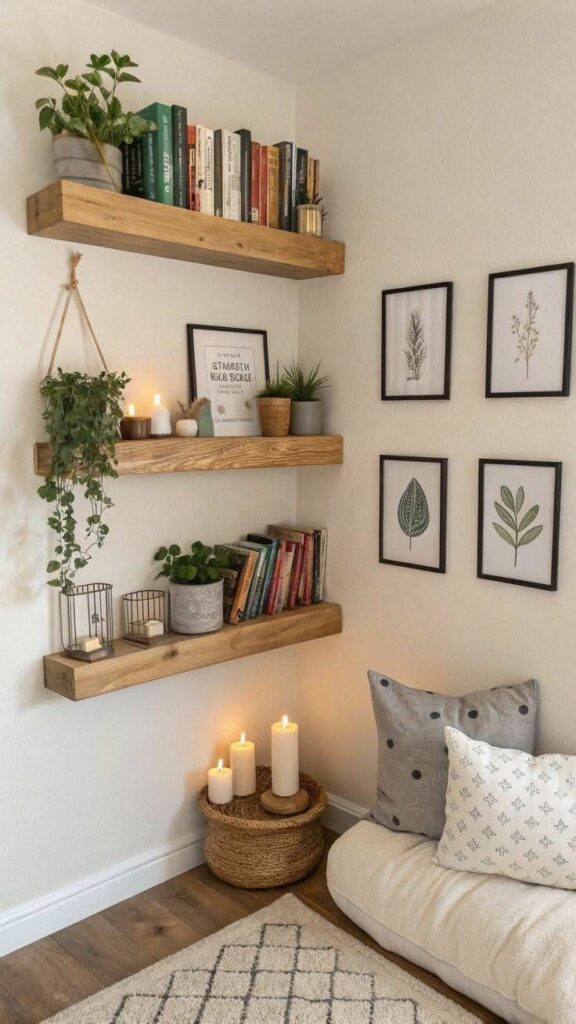
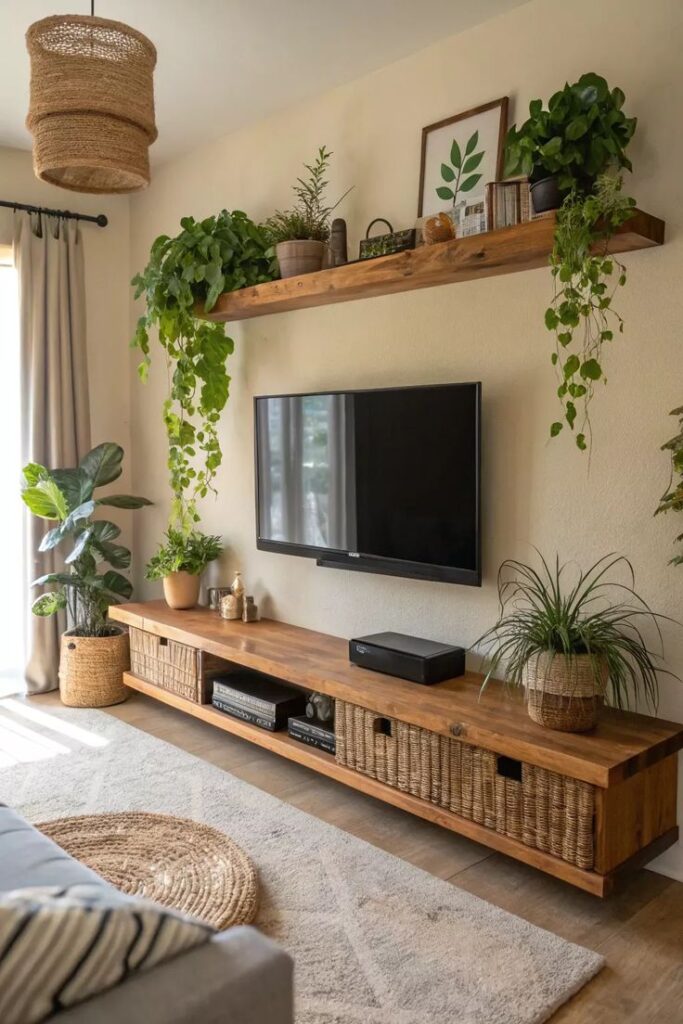
Many people want to improve their living space without spending a lot of money or relying on store-bought decor. DIY home decor ideas make it easy to create unique and personalized designs using simple materials and tools. These projects can fit any style or skill level, helping anyone refresh their home in an affordable way.
DIY decorating goes beyond just making things look nice; it adds a personal touch to each room. By choosing projects like handmade furniture accents, wall hangings, or seasonal decorations, anyone can give their home a fresh and creative update. These ideas allow people to reuse old items and combine functionality with style.
Decorating with DIY also brings fun and satisfaction when completing each project. Whether it’s adding soft furnishings or enhancing lighting, these crafts make every space feel more inviting and tailored to individual taste.
Key Takeaways
- Simple materials can create unique home decor.
- Creative projects add a personal touch to rooms.
- Handmade pieces improve both style and comfort.
Easy DIY Home Decor Ideas
DIY home decor can transform any space quickly and affordably. Simple projects like creating wall art, styling shelves, or making centerpieces bring personality without much effort. Small upgrades also refresh rooms without breaking the budget.
Quick Wall Art Projects
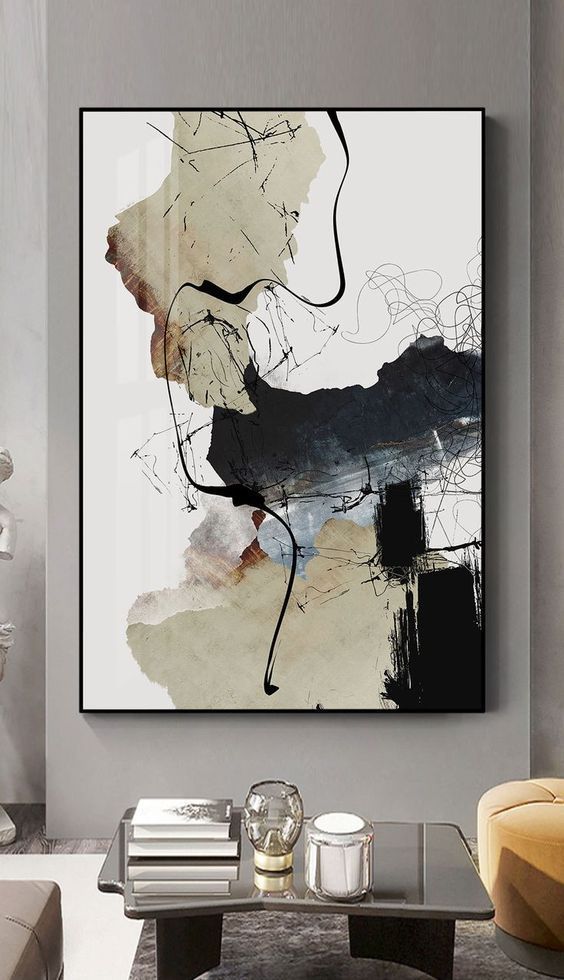
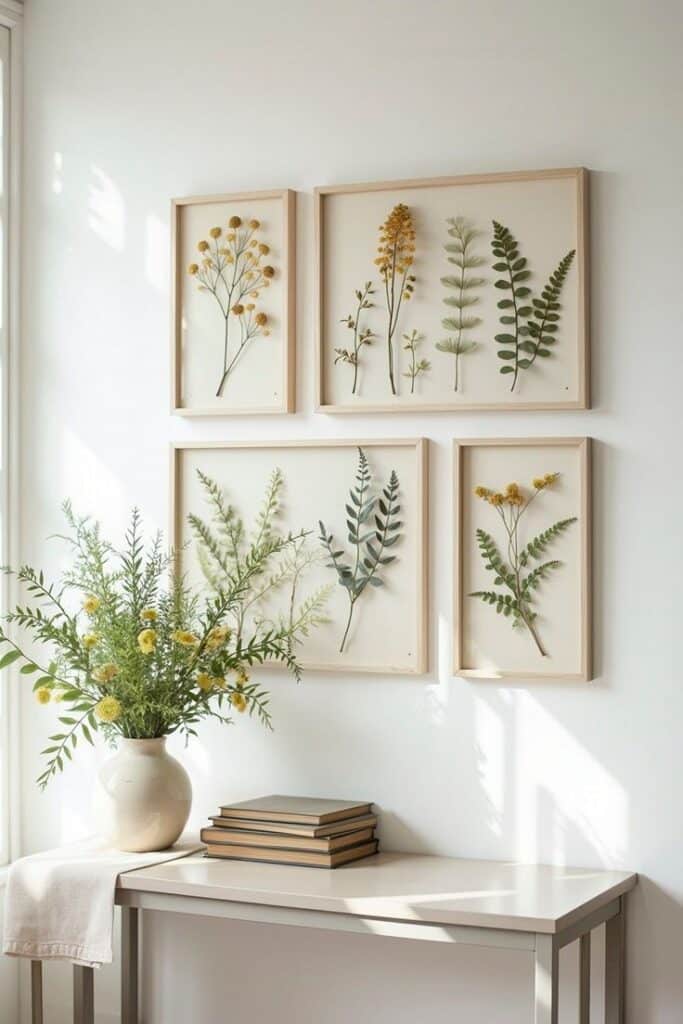
Painting geometric shapes or simple patterns on canvases can brighten walls in minutes. Using painter’s tape helps keep lines clean and precise. Framing pressed leaves or flowers is another easy option that adds a natural touch.
Photo collages arranged in grids give personal flair to living spaces. Using matching frames keeps the look neat. Alternatively, string lights and clipped photos create a casual, cozy display.
These wall art projects require only basic materials like canvas, paint, tape, or frames and take very little time to complete.
Many DIY enthusiasts are turning to adhesive architectural vinyl wrap as a simple way to refresh surfaces and achieve a modern look without the cost of full renovations.
Simple Centerpieces for Every Room
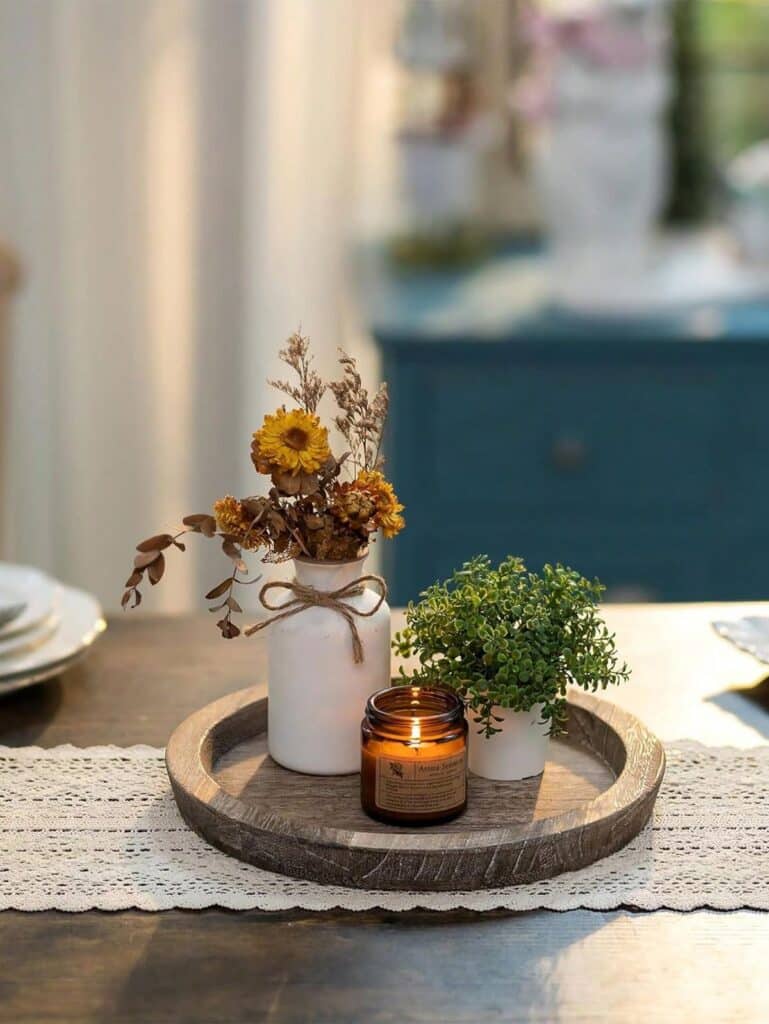
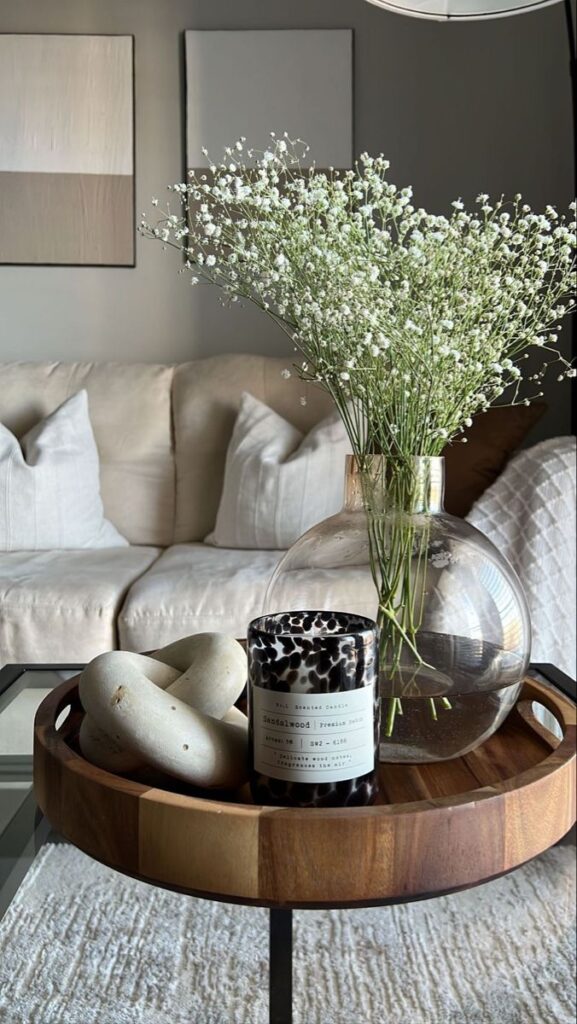
Centerpieces don’t have to be complicated to make a room feel inviting. A clear vase with fresh or faux flowers instantly adds color. Placing a mix of candles of different heights on a tray elevates the mood in dining or living rooms.
Natural elements like pinecones, pebbles, or succulents in small bowls or containers create a low-maintenance look. Seasonal decorations like pumpkins or holiday ornaments can be switched out as needed.
Centerpieces work best when balanced with the room’s scale. Using items already on hand keeps costs low.
Effortless Shelf Styling
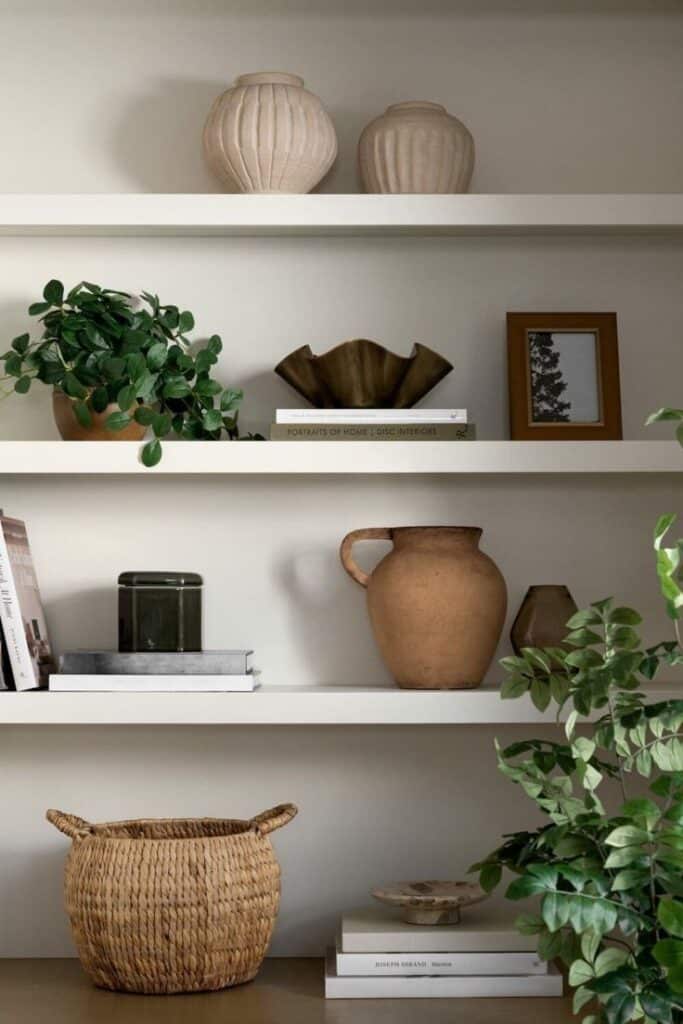
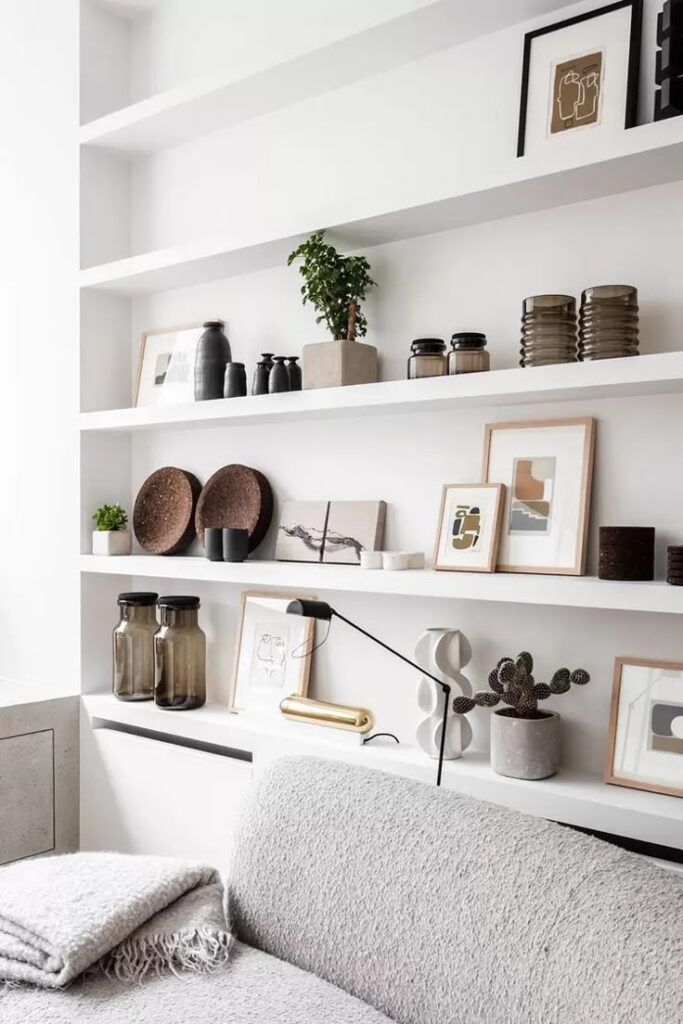
Organizing shelves with a mix of books, plants, and decor items creates interest without clutter. Stacking a few books horizontally provides visual layers and can hold smaller objects, like candles or figurines.
Plants add color and life but keep them small for shelves to avoid overcrowding. Grouping items in odd numbers, like three or five, tends to look more balanced and intentional.
Rotating pieces seasonally or rearranging occasionally keeps the look fresh with minimal effort.
Budget-Friendly Decor Upgrades
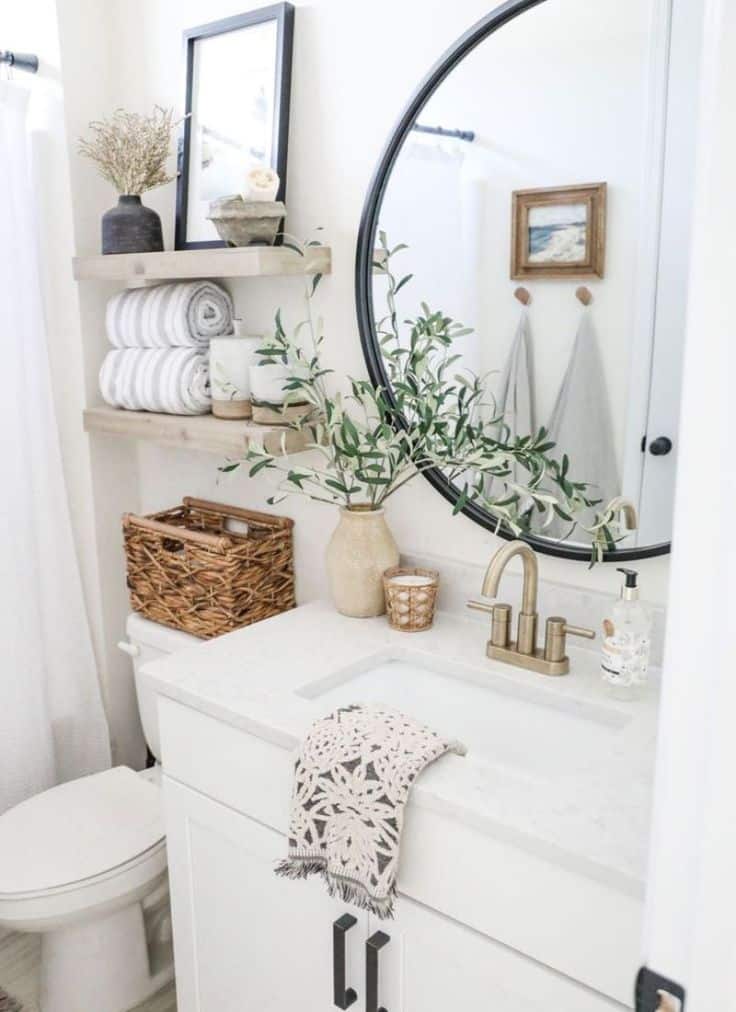
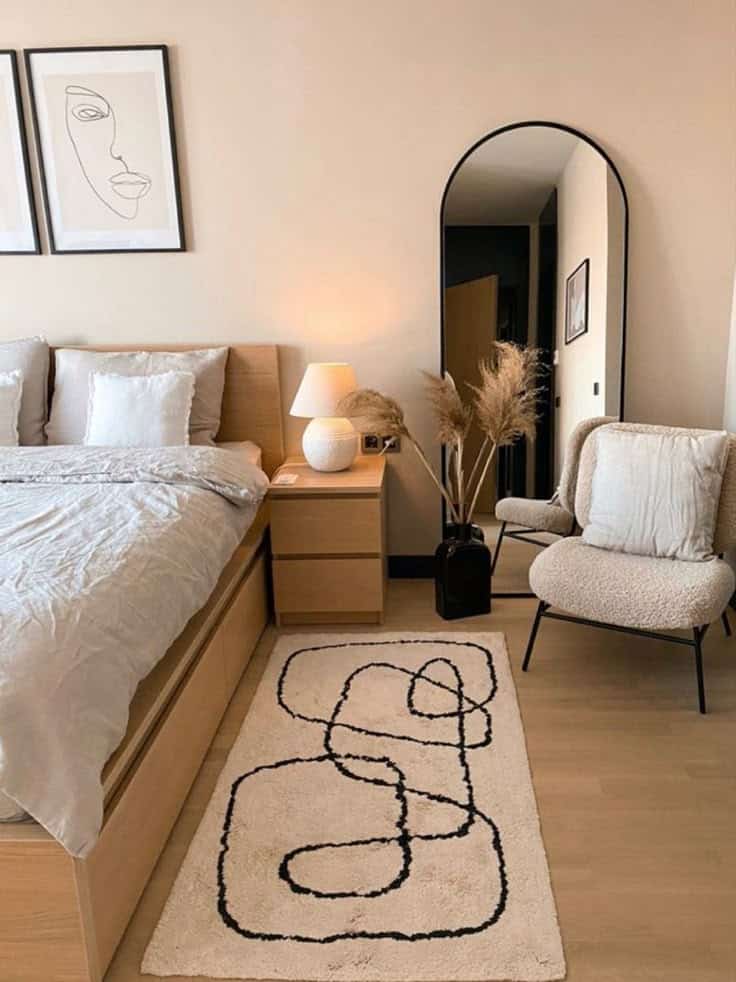
Small changes can make rooms feel new without large expenses. Swapping out outdated lampshades or switch plates is quick and affordable. Adding peel-and-stick wallpaper to one wall creates a focal point with minimal cost.
Replacing cabinet or drawer handles updates furniture easily. Layering new throw pillows or area rugs brings texture and comfort without major investment.
Shopping secondhand or repurposing items cuts costs further while adding unique charm to the home.
DIY Wall Decor Projects
Wall decor can change the feel of a room quickly and without much cost. Options include arranging photos or art, creating colorful painted walls, crafting mirrors, or reusing old materials for new decorations. Each method offers a unique way to personalize space.
Gallery Walls
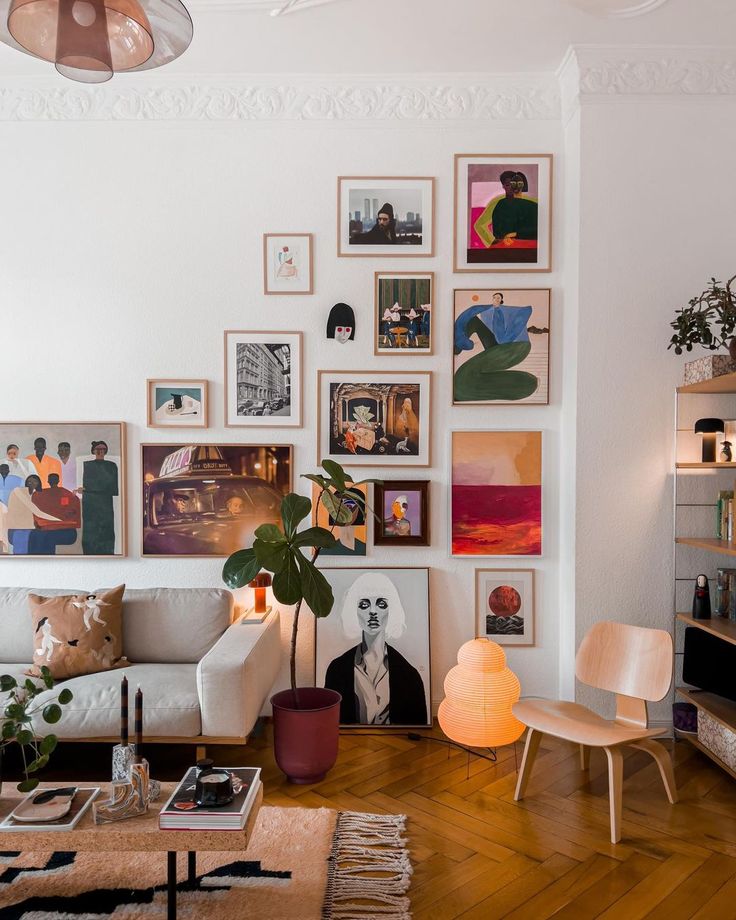
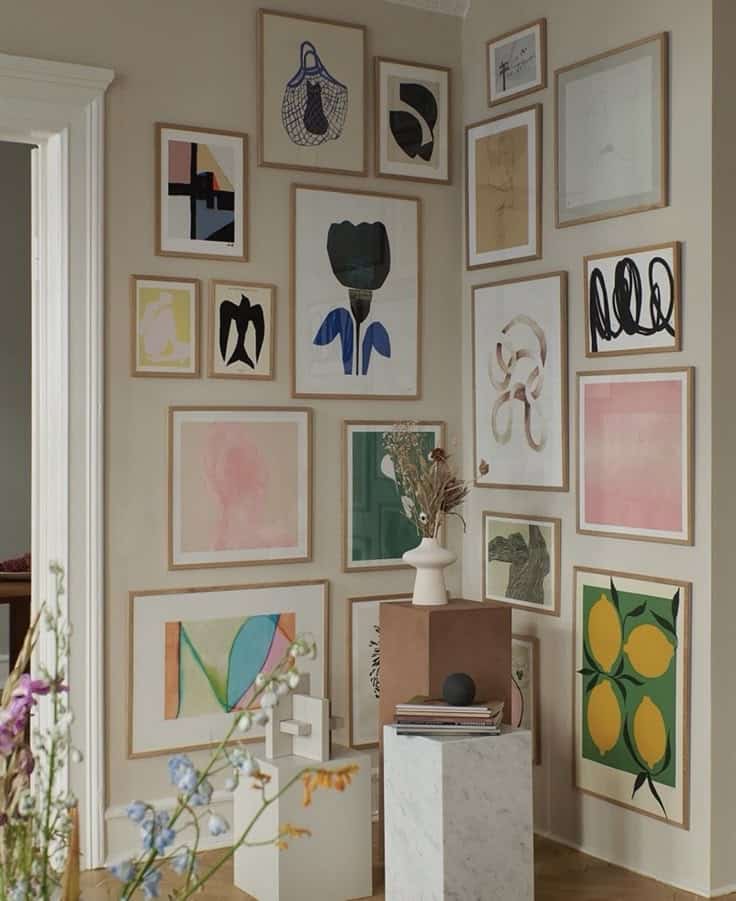
Gallery walls are a popular way to display photos, artwork, and prints together. They allow mixing different frame sizes and styles for a customized look.
To start, select a theme or color palette to keep the wall cohesive. Lay out the frames on the floor first to arrange them before hanging. Use command strips or picture hooks for easy adjustments.
Spacing between frames should be consistent, usually 2 to 3 inches apart. This keeps the wall balanced and organized, preventing clutter. The result is a striking feature wall that reflects personal taste.
Painted Accent Walls
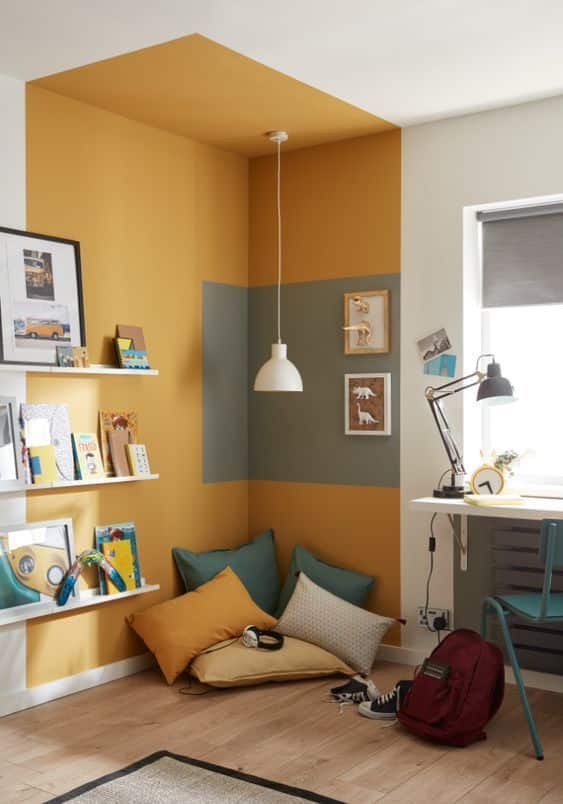
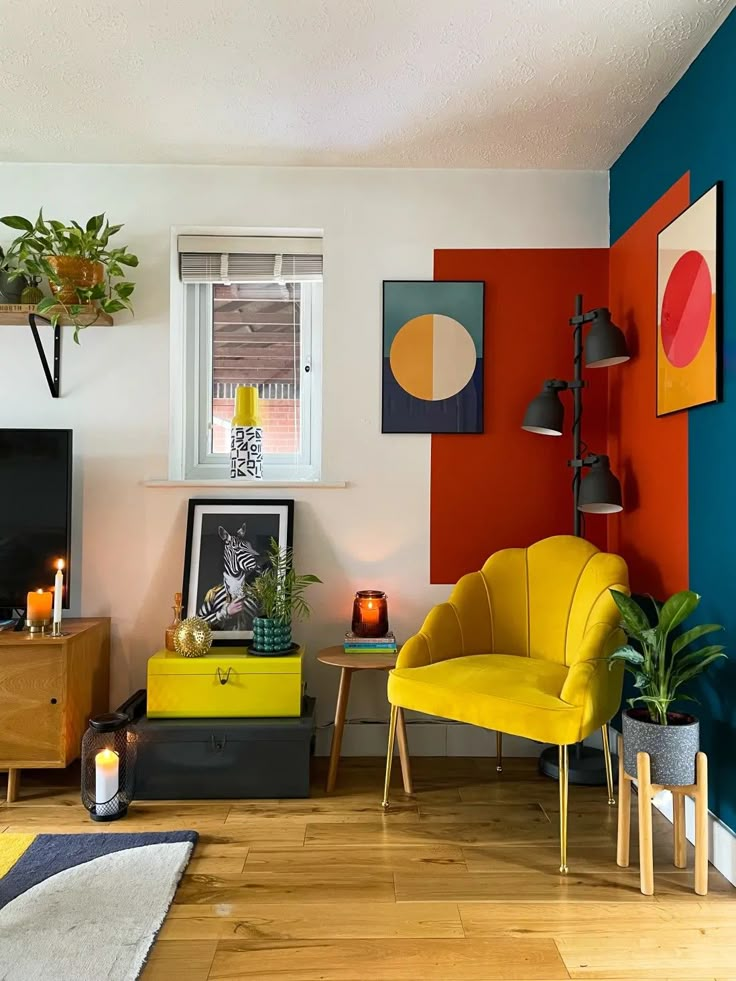
Creating an accent wall with paint adds color and interest to a room. Typically, one wall is painted a bold or contrasting shade while the others remain neutral.
Preparation includes cleaning the wall and applying painter’s tape to edges for neat lines. Choosing the right paint finish, like matte or satin, affects the look and durability.
Patterns like stripes, geometric shapes, or stencils can add complexity to the design. Painted accent walls work well behind beds, sofas, or dining tables, making those areas stand out.
DIY Mirrors
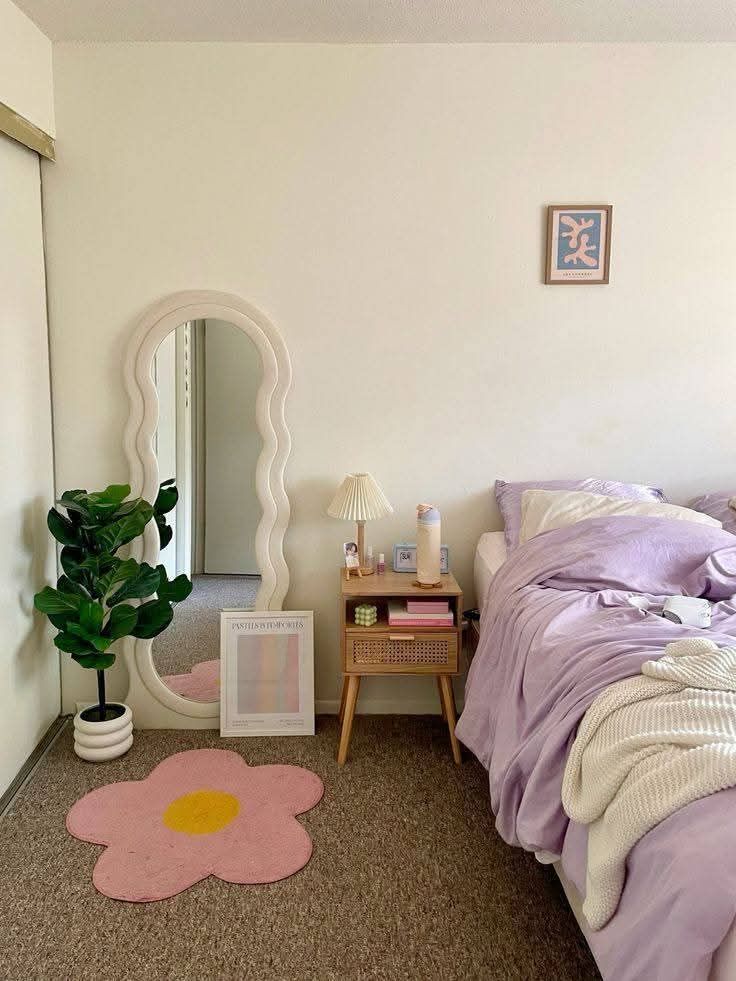
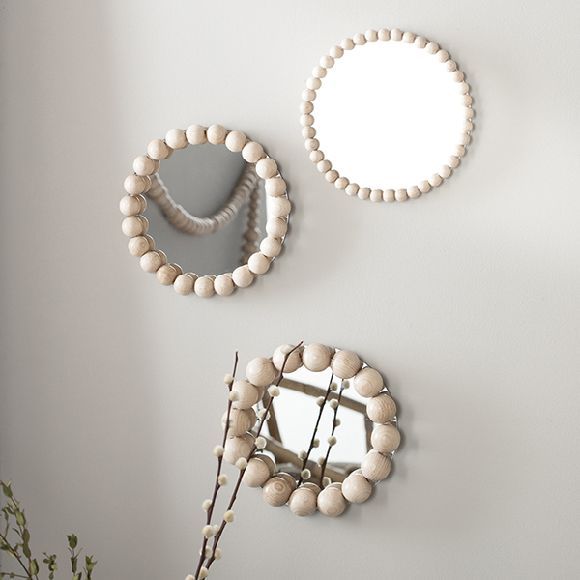
Making mirrors as wall decor combines function and style. Simple mirror frames can be crafted from wood, metal, or recycled materials to match room aesthetics.
Measuring the mirror and cutting trim to fit are first steps. Secure the frame with adhesive or nails and consider painting or staining the wood for a refined finish.
Mirrors can be grouped for a mosaic effect or used individually as statement pieces. They reflect light, making rooms appear larger and brighter.
Upcycled Wall Hangings
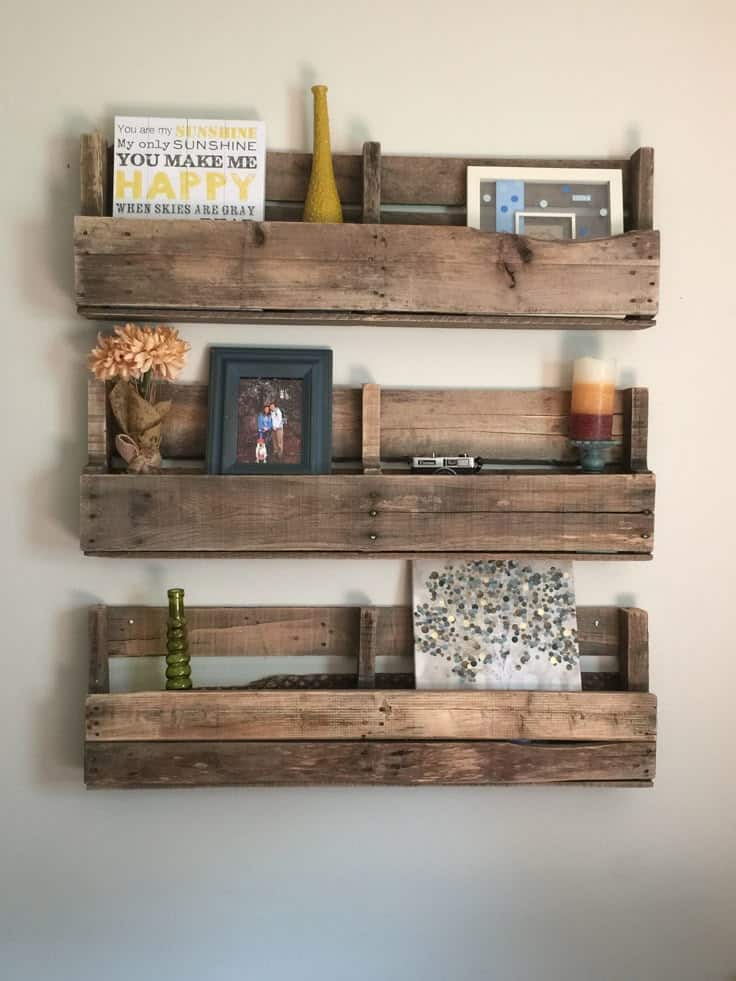
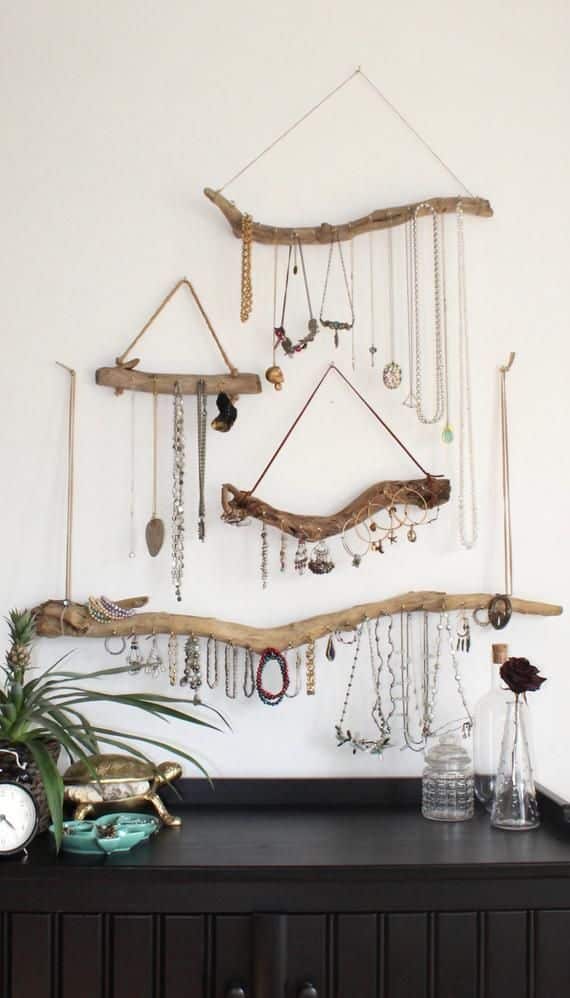
Upcycled wall hangings use old or discarded items turned into decor. Materials like fabric scraps, old doors, or pallets can be repurposed creatively.
For example, fabric strips can be woven or knotted into a wall tapestry. Pallets can be sanded and painted to create rustic shelves or art. Door panels can be cut and decorated with hooks for functional displays.
This method reduces waste and adds unique, handmade charm to walls. It’s important to clean and prep materials properly before use to ensure durability.
Handmade Furniture Accents
Handmade furniture accents add personality and style to any room. They can update old pieces or create new functional art. Simple tools and materials make these projects doable for most people.
Painting and Refinishing Furniture
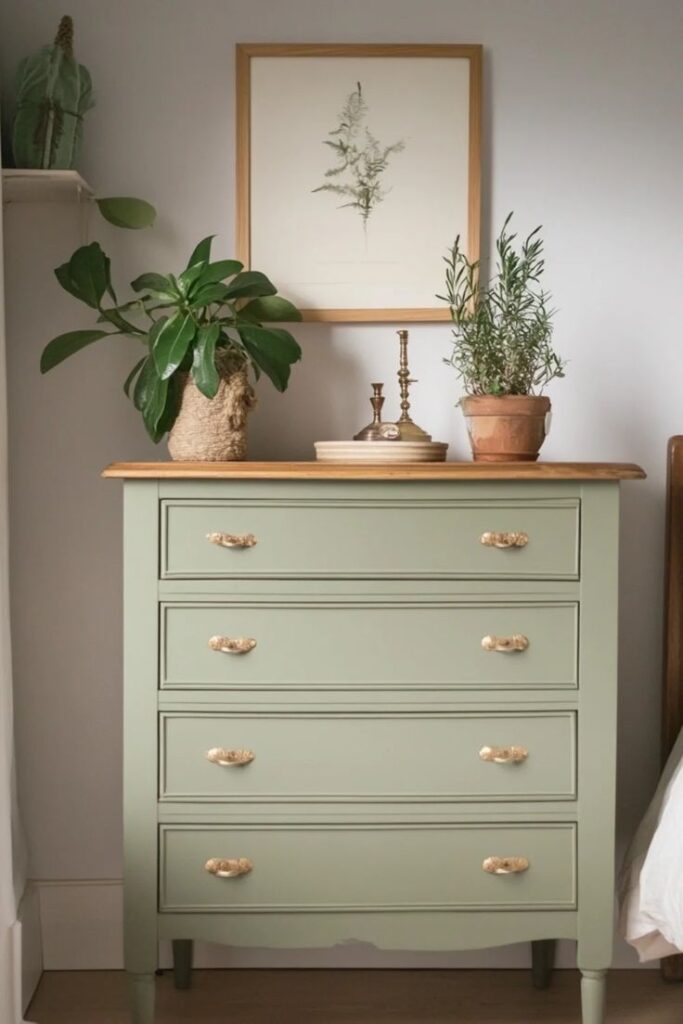
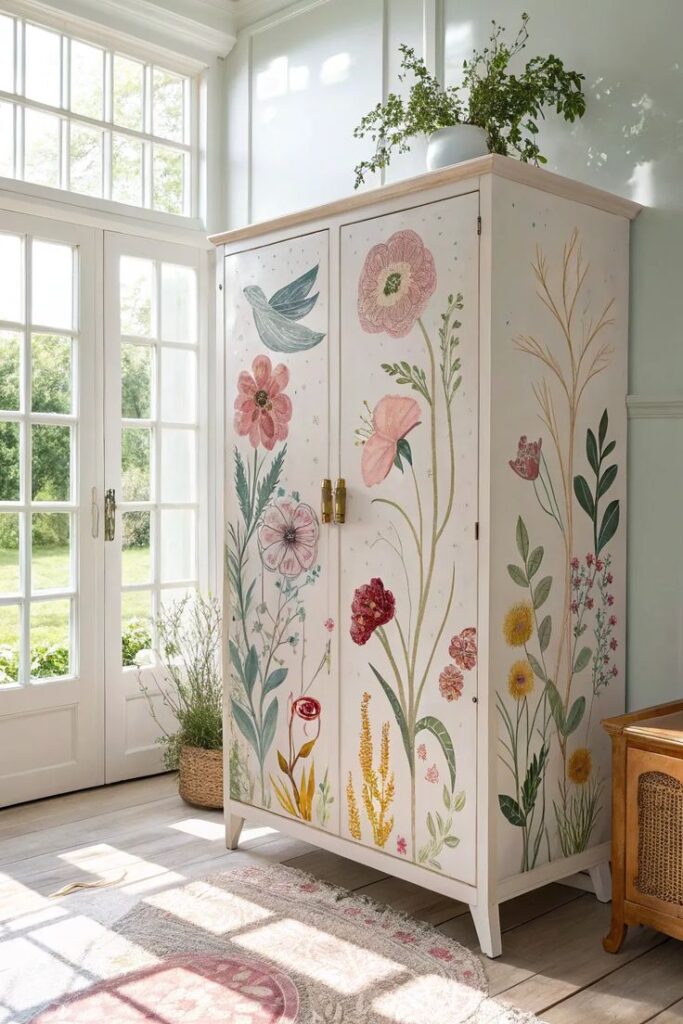
Painting old furniture can give it a fresh, modern look. The key is to clean the surface thoroughly before sanding it to remove old paint or finish. Use fine-grit sandpaper to avoid damaging the wood.
Choose a paint type based on the piece’s use. Latex paint works well for most furniture, but chalk paint offers a matte, vintage feel. Apply primer first to ensure better paint adhesion and durability.
After painting, a clear protective topcoat prevents scratches and wear. For a distressed look, sand edges lightly once the paint dries. This technique highlights details and adds character.
Custom Furniture Knobs and Pulls
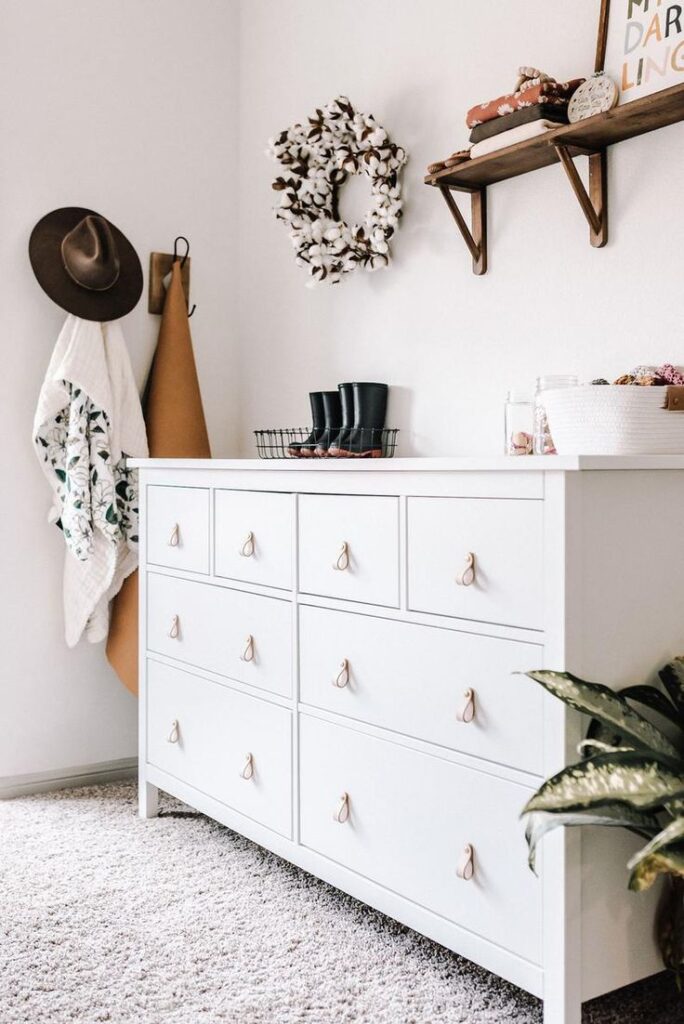
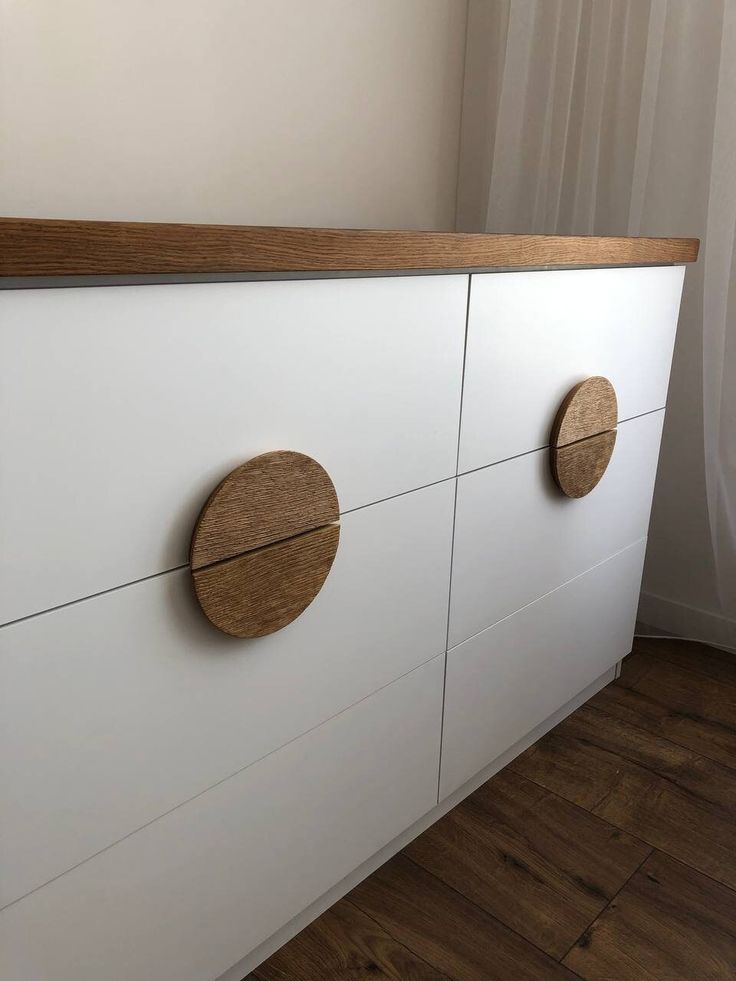
Replacing knobs and pulls is a small change that can make a big impact. Custom designs let you match your decor style exactly. Options range from vintage glass knobs to modern metal pulls.
Attach knobs using screws that fit the furniture’s existing holes. For new or custom-made furniture, drill carefully to avoid splitting the wood. Test different hardware styles before choosing one to see what fits best.
Materials like wood, ceramic, or metal can be painted or decorated to fit any color scheme. Some choose to add patterns or textures with paint or adhesive vinyl for a unique touch.
DIY Floating Shelves
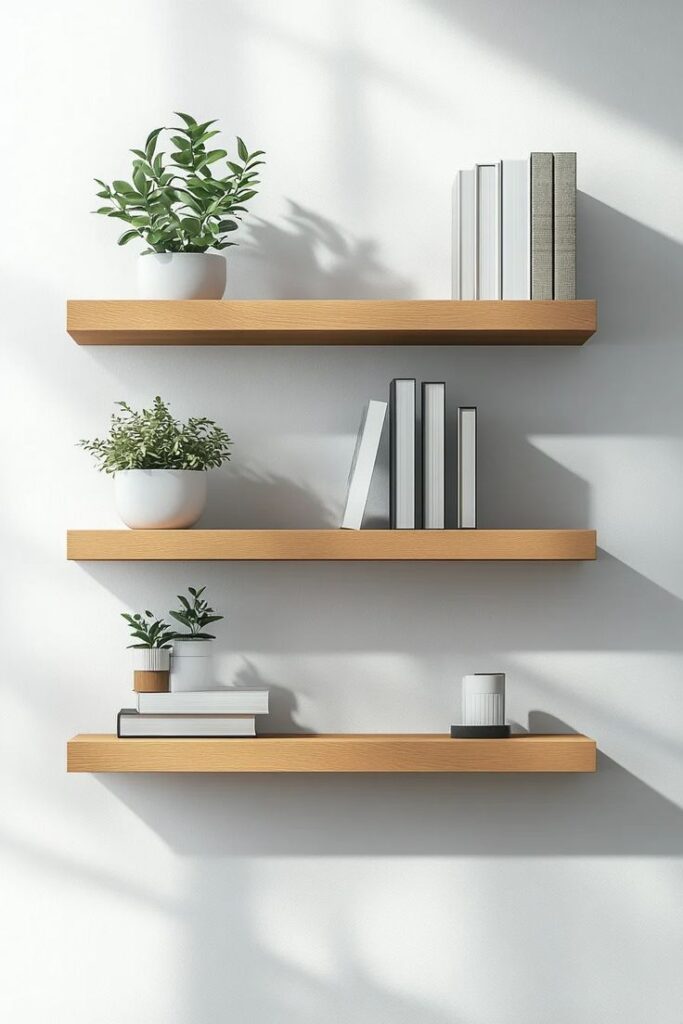
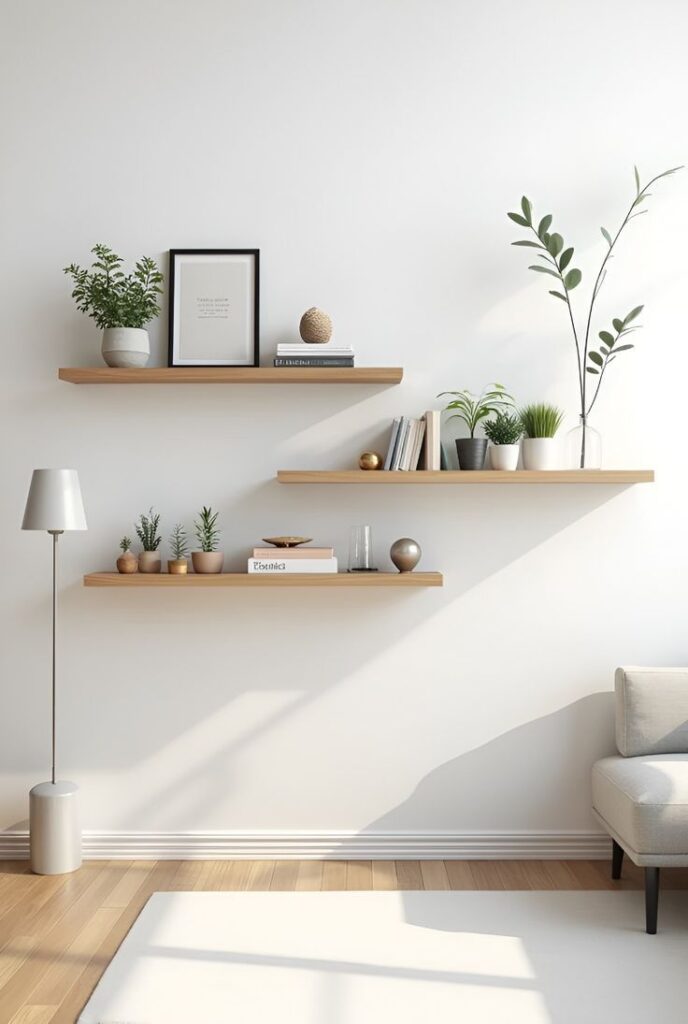
Floating shelves create extra storage without visible brackets. They work well in small spaces and look clean and modern. Select sturdy wood like pine or oak for strength.
Measure and mark the wall with a level before drilling holes. Use anchors or studs to support the weight of the shelf and any items placed on it. Secure the mounting brackets hidden inside the shelf design.
Finish with paint or stain to match or complement the room. These shelves can hold books, plants, or decorative items, making them both practical and stylish.
Seasonal and Holiday Home Decor
Seasonal and holiday decor can change the mood of a home quickly. Using simple, themed items helps bring each time of year to life with style and comfort. Different materials, colors, and arrangements suit each season best.
Spring and Summer Decor Ideas
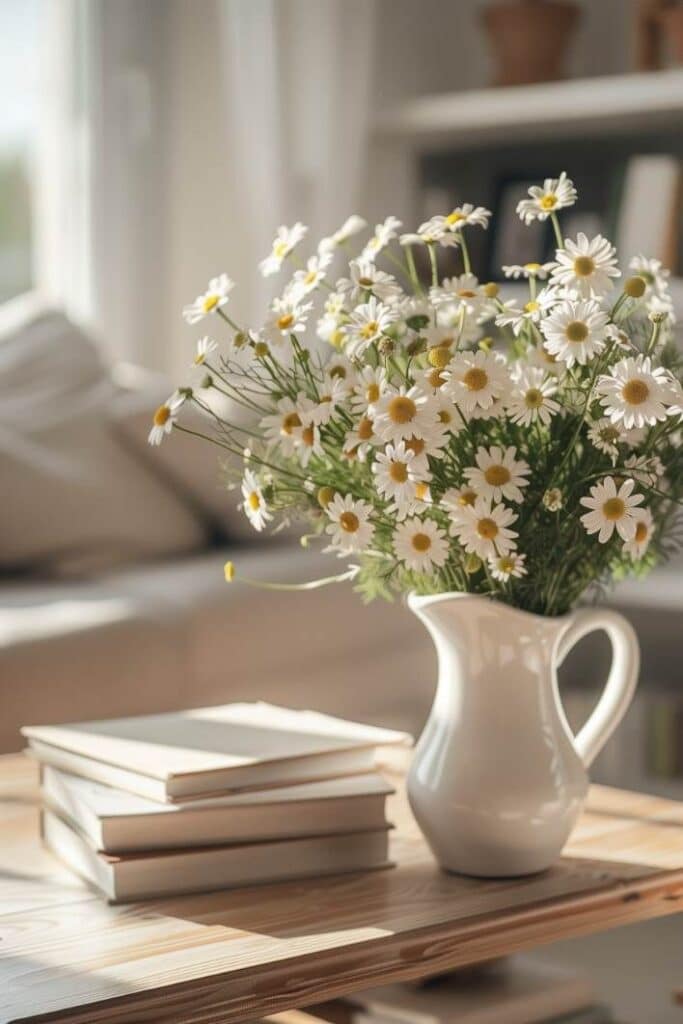
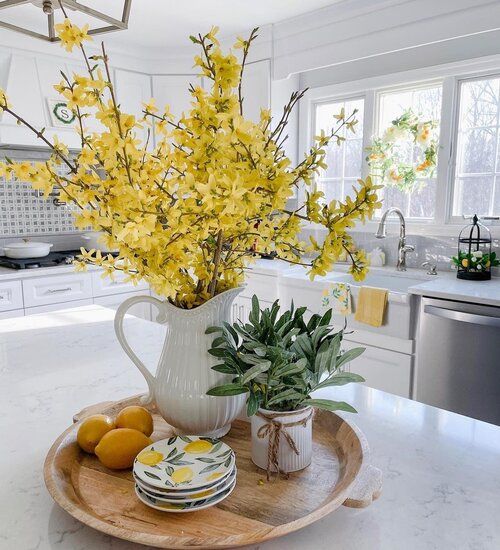
In spring, people often use fresh flowers like tulips, daffodils, or lilies to brighten rooms. Light fabrics such as linen or cotton curtains in pastel colors add a fresh feel. DIY flower wreaths made with fake or real blooms can be hung on doors or walls.
Summer decor focuses on bright colors like yellow, turquoise, or coral. Natural materials like wicker baskets or bamboo trays work well. Adding indoor plants or herbs in small pots can bring nature inside. Lightweight throw pillows with tropical or floral patterns help refresh living spaces.
Autumn-Inspired Touches
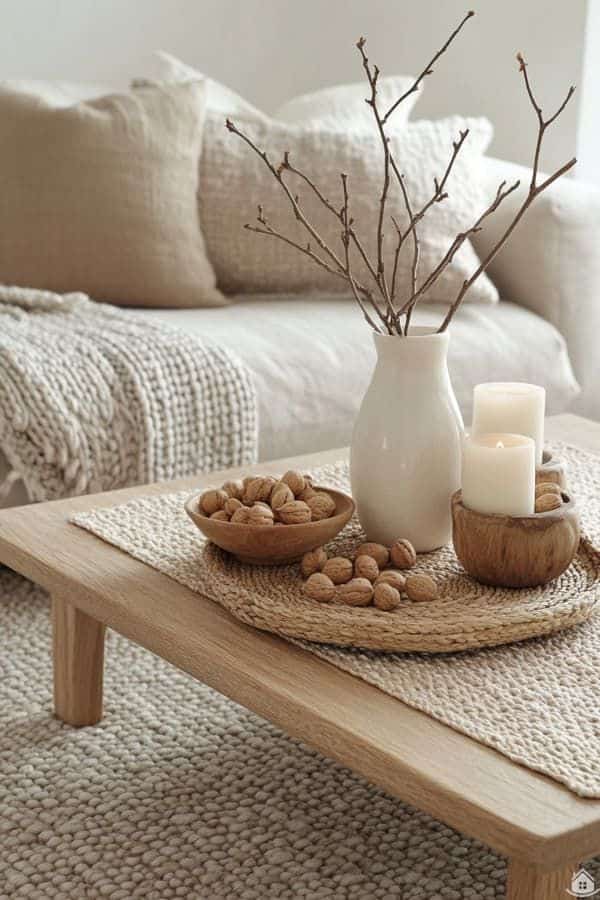
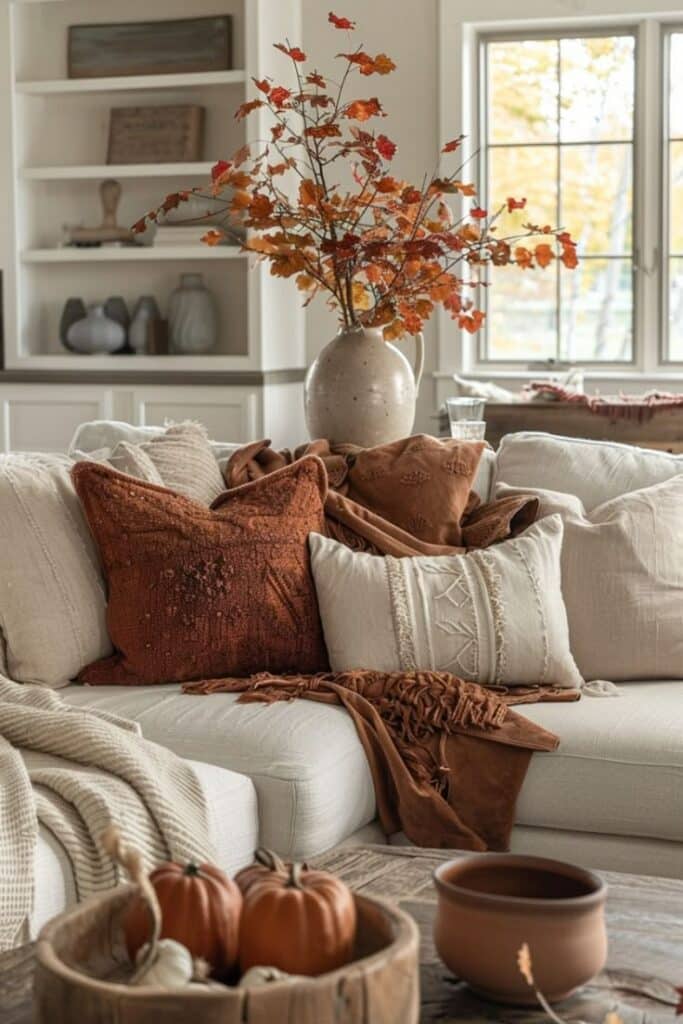
Autumn decor uses warm tones like orange, red, and gold. Leaves, pinecones, and small pumpkins make popular DIY accents. People can place these on tables, shelves, or mantels to add texture and color.
Candles in scents like cinnamon or apple create a cozy atmosphere. Fabric choices include wool or flannel throws to keep rooms warm visually and physically. Mason jars filled with fairy lights or acorns also add a rustic touch.
Winter and Holiday Themes
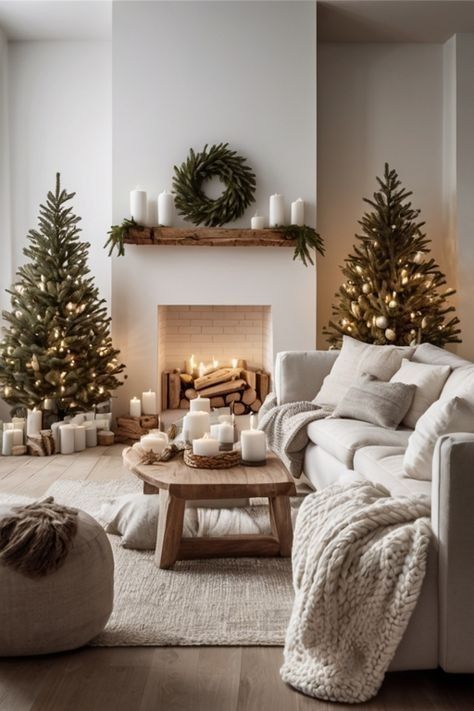
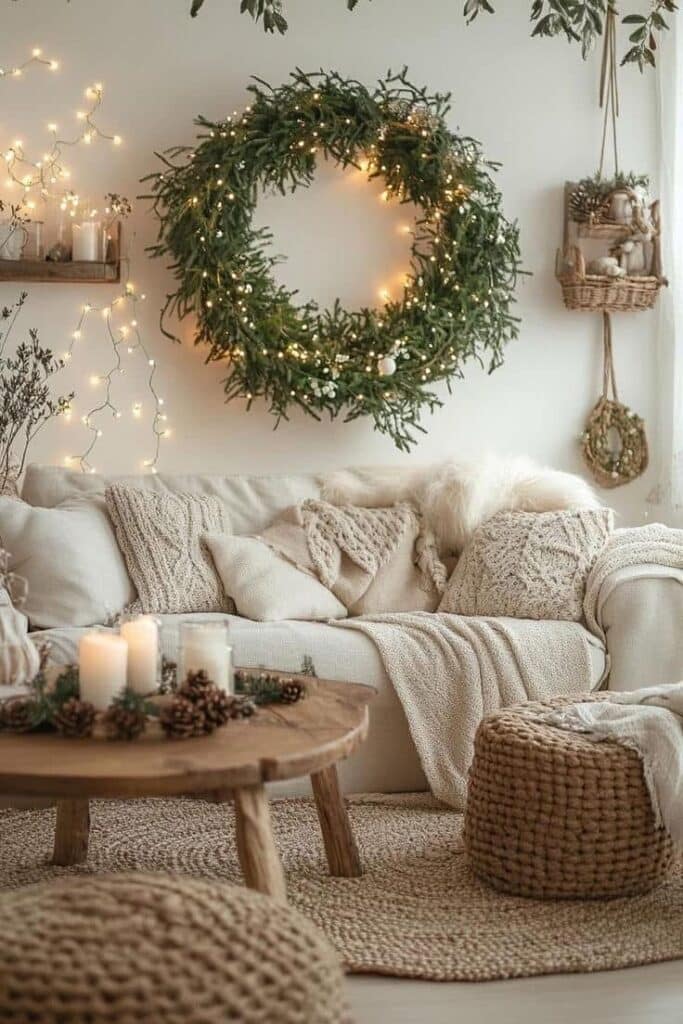
Winter decor often features cool whites, silvers, and deep greens. Pine branches, holly, and berries work well for DIY garlands or table centerpieces. String lights create a soft, festive glow indoors.
For holidays, themed decorations like ornaments, stockings, or figurines help set a celebratory mood. Using reusable or handmade items reduces waste. Cozy blankets and plush cushions in velvet or faux fur enhance warmth and comfort during cold months.
Textiles and Soft Furnishings
Textiles and soft furnishings can add color, texture, and comfort to any room. They often require simple materials and basic skills, making them perfect for DIY projects. A few updates can completely change the feel of a space.
DIY Throw Pillows
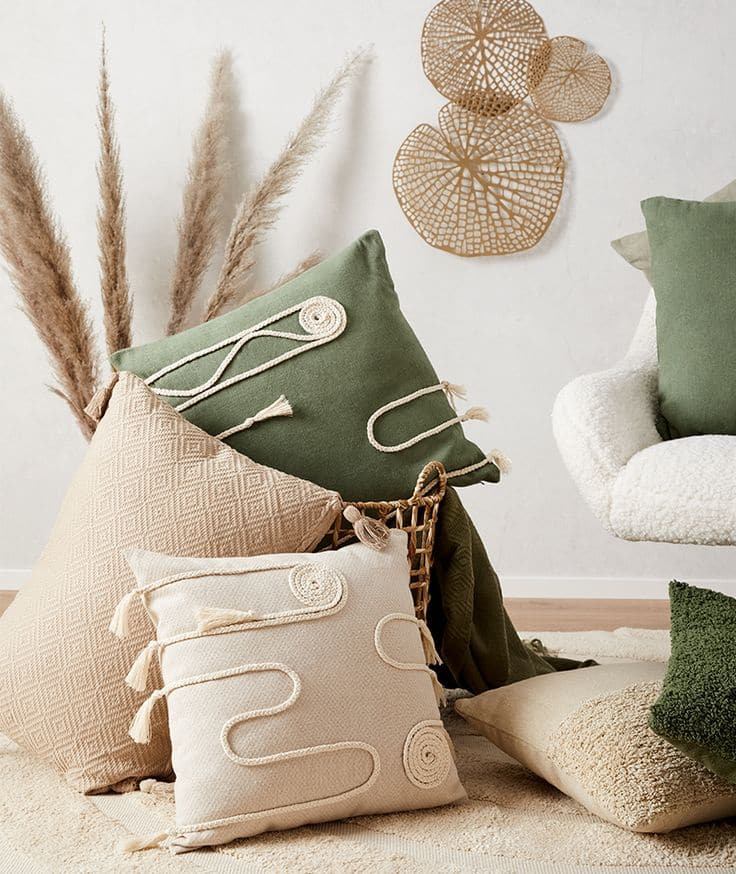
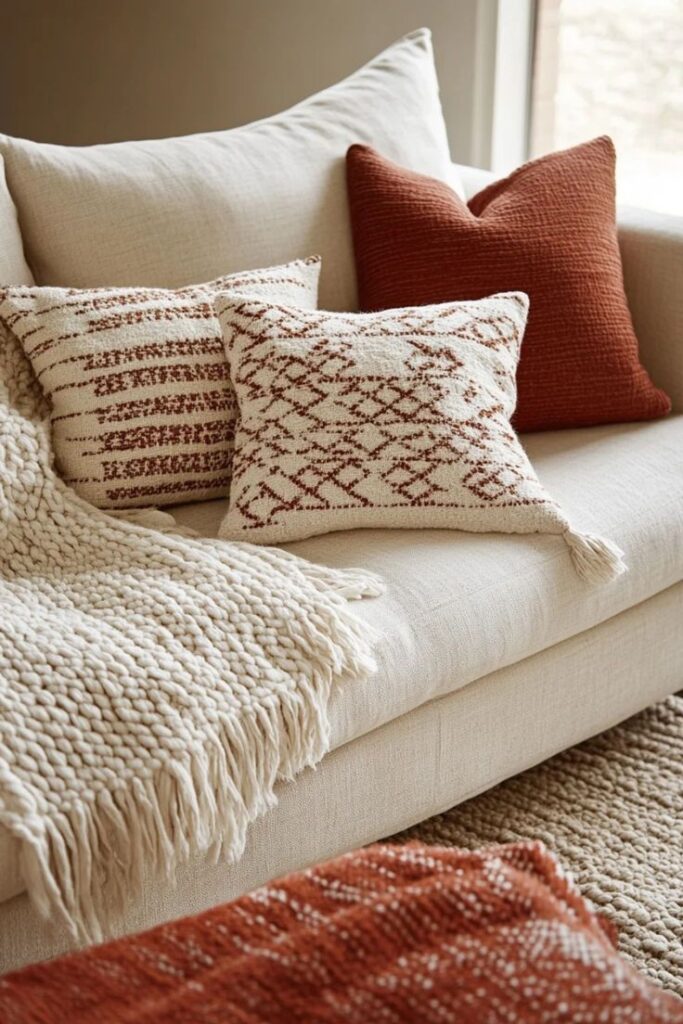
Throw pillows are an easy way to refresh a room. Start by choosing fabric that matches the room’s style, like cotton for casual spaces or velvet for something more luxurious. Measure and cut the fabric into squares or rectangles, leaving extra for seams.
Use a sewing machine or hand stitch the edges, leaving one side open to insert pillow stuffing or a pillow form. Sew the remaining side closed by hand or machine. Adding buttons, piping, or fabric paint can give pillows a unique look.
Custom Curtains and Drapes
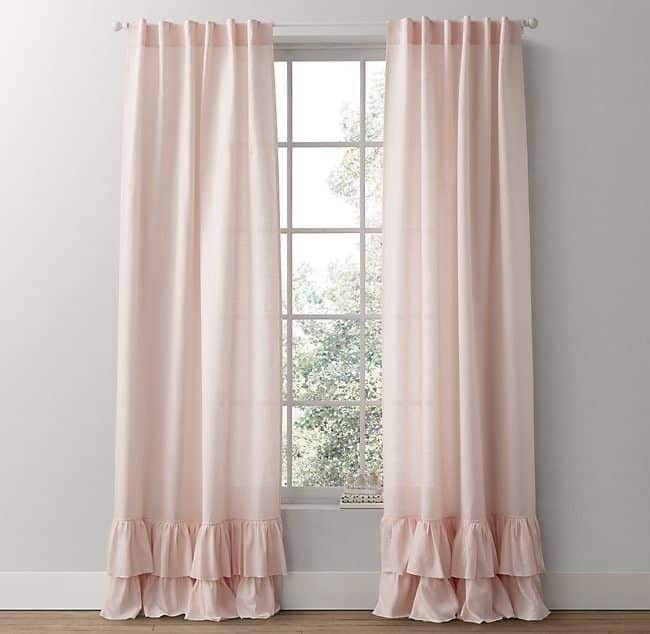
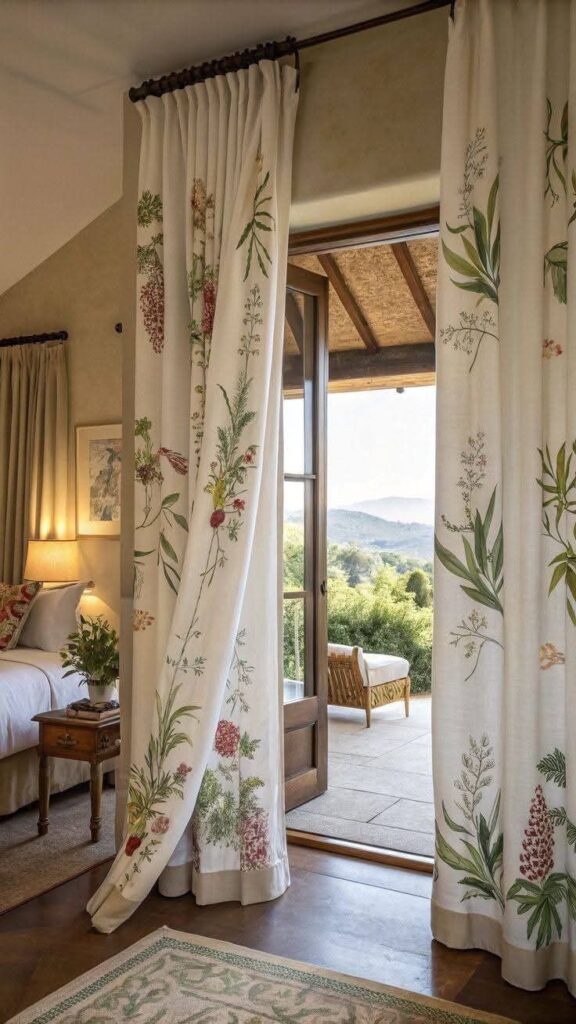
Custom curtains let people control light and privacy while adding style. Choose fabrics based on the room’s purpose; heavier fabrics block light, while sheer materials soften it. Measure windows carefully for the right fit.
Sew panels by hemming edges and making rod pockets or adding grommets. Curtains can be simple, or layered with valances and tiebacks. For a quick fix, iron-on hemming tape helps finish edges without sewing.
Handmade Rugs and Mats
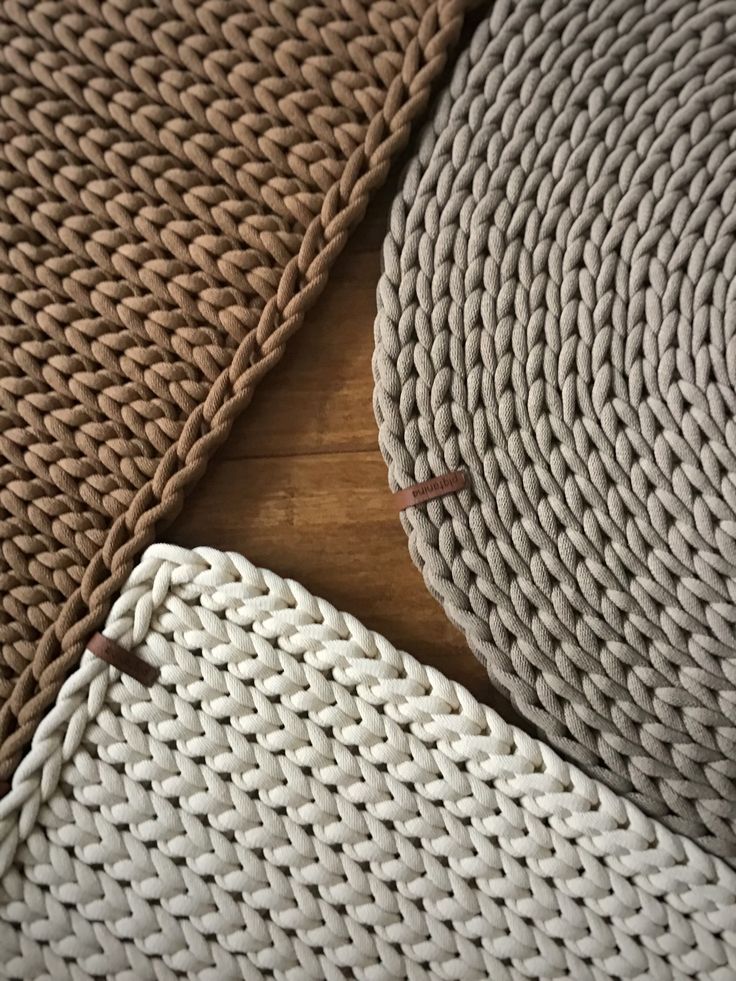
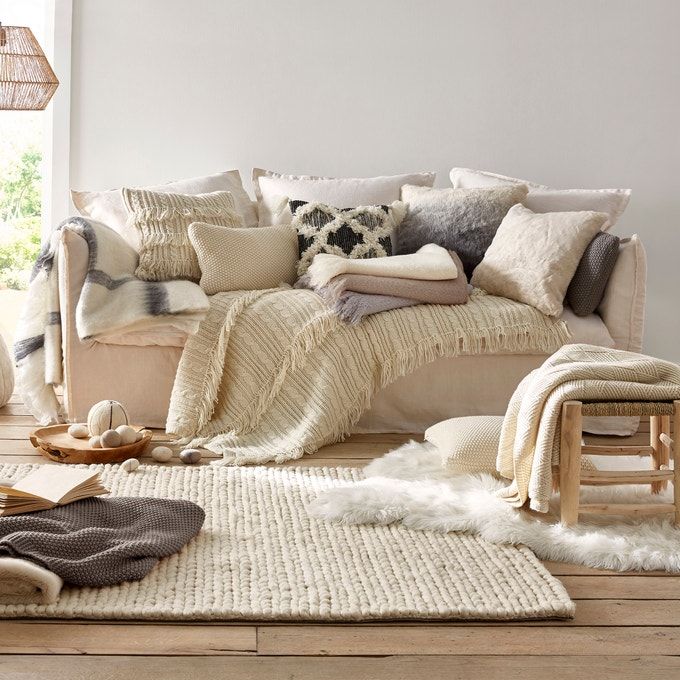
Making rugs and mats involves materials like yarn, fabric strips, or even old t-shirts. Braiding or weaving are common methods that require patience but little sewing.
Loom weaving kits or latch hook tools can help create patterns and textures. Durable backing materials like felt or canvas keep rugs in place. Handmade rugs add warmth and can be customized to fit any space or color scheme.
Upcycling and Repurposing Projects
These projects turn old or unused items into new, useful, and attractive pieces for the home. They save money and reduce waste by giving things a second life. The ideas focus on simple changes that make a big difference.
Transforming Everyday Items
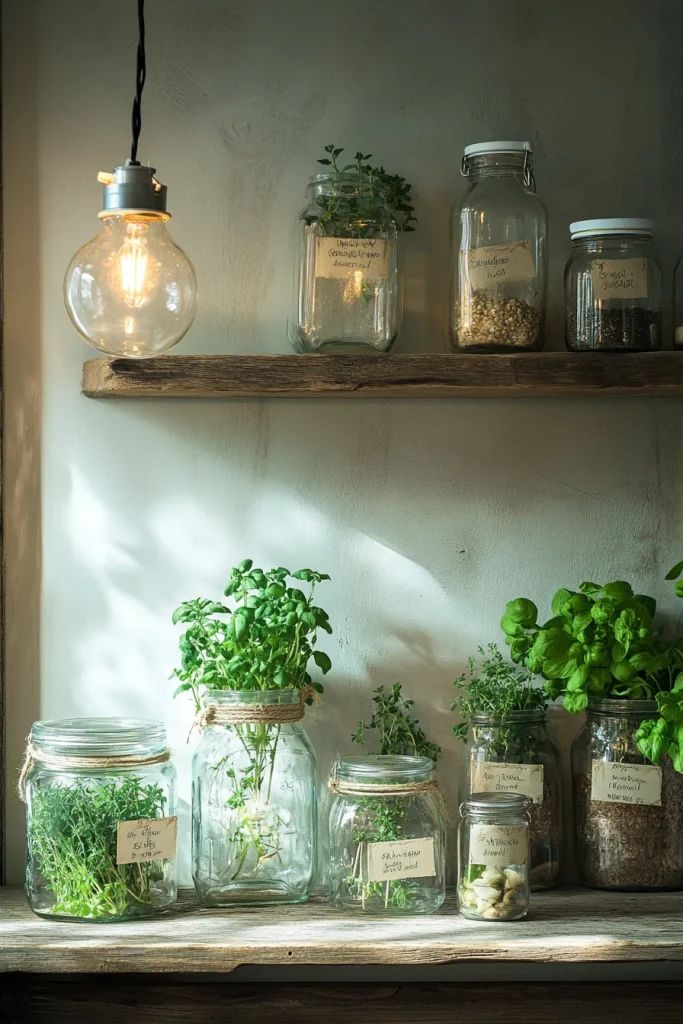
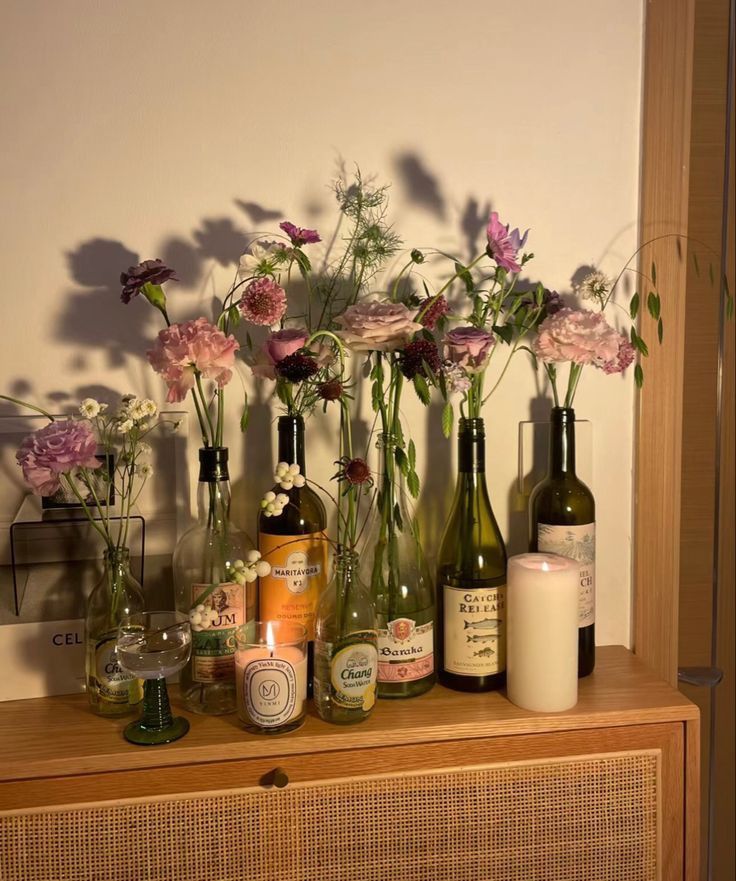
Old jars, tins, and cans can become stylish containers for plants or desk supplies. Painting them or wrapping them with fabric adds color and texture.
Wooden pallets or crates can be turned into shelves or tables with sanding and a fresh coat of paint. Even worn-out clothes can be cut and sewn into cushion covers or fabric wall hangings.
Using household items creatively gives rooms a unique feel. It doesn’t require special skills, only a bit of patience and imagination.
Repurposed Storage Solutions
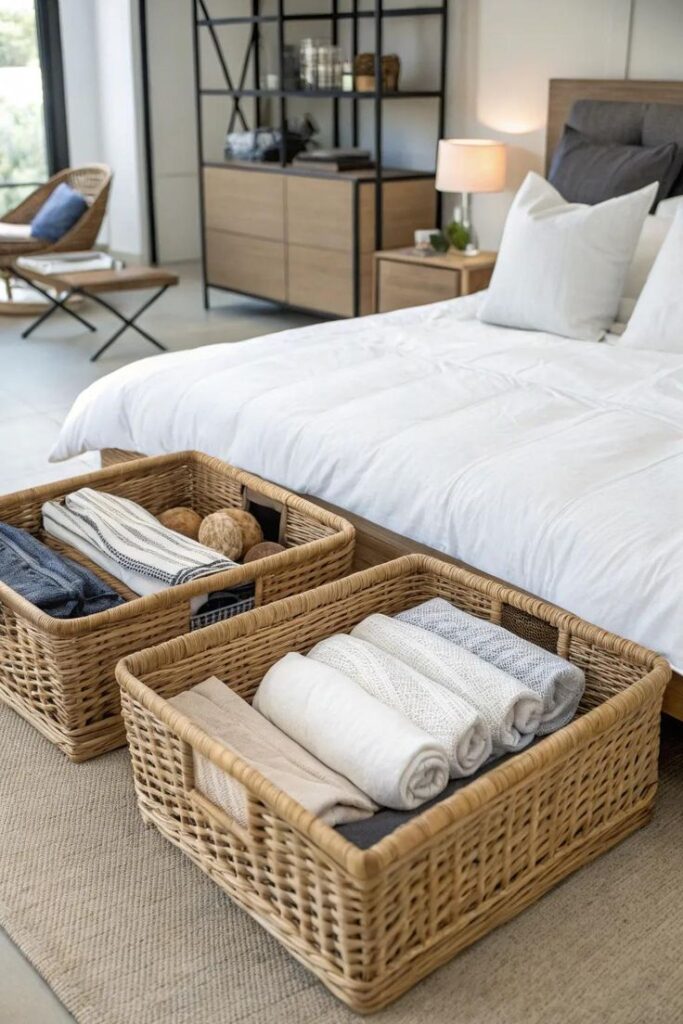
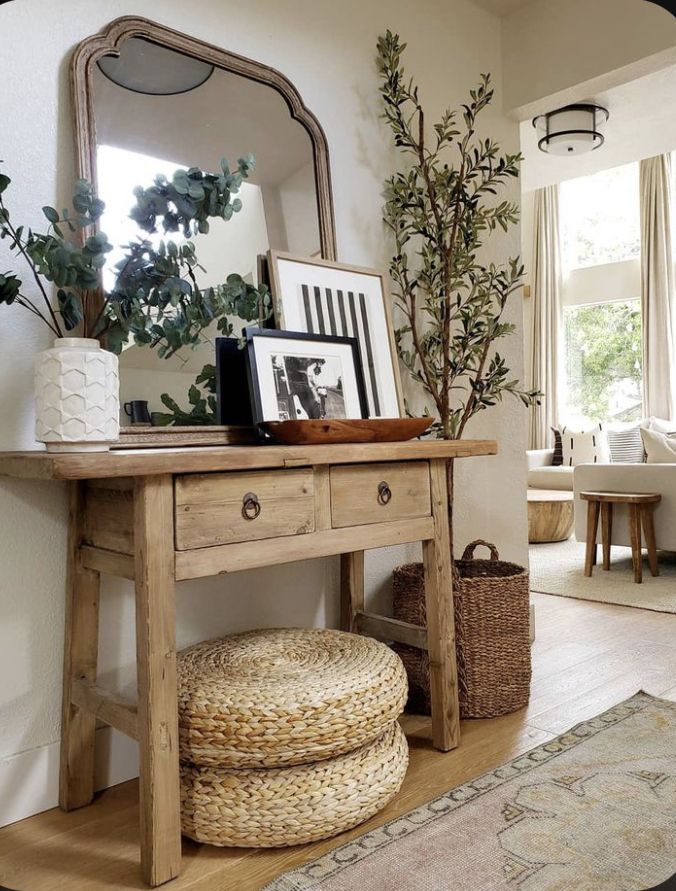
Unused containers like baskets, boxes, or drawers can be cleaned and used for storage. Adding labels or decorative touches makes them both practical and nice to look at.
Old suitcases stacked together make good storage and double as a side table. Clear jars also work well for organizing small items like buttons or screws.
By repurposing storage items, clutter is reduced and space is maximized, all without buying new containers.
Vintage Finds Makeovers
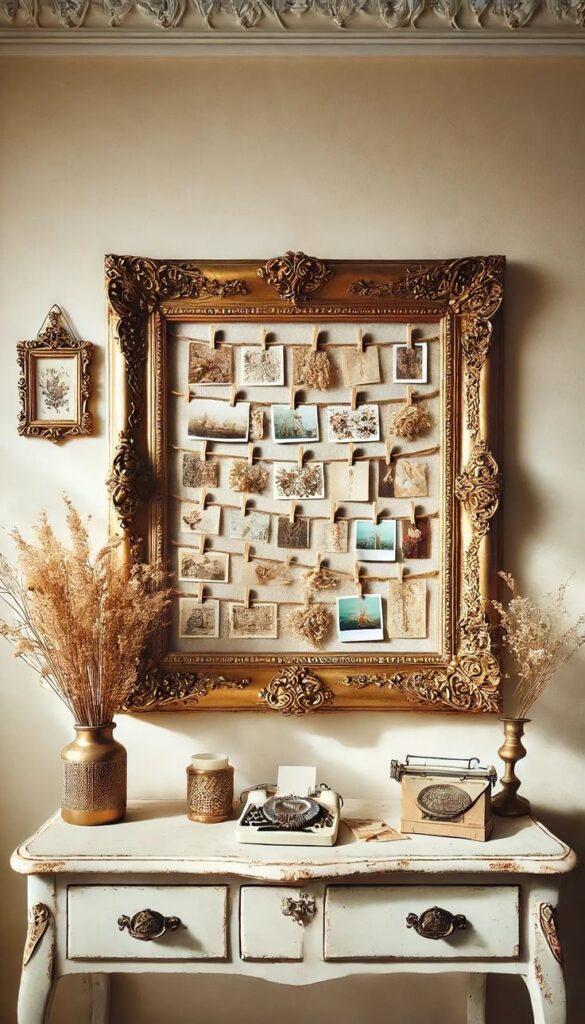
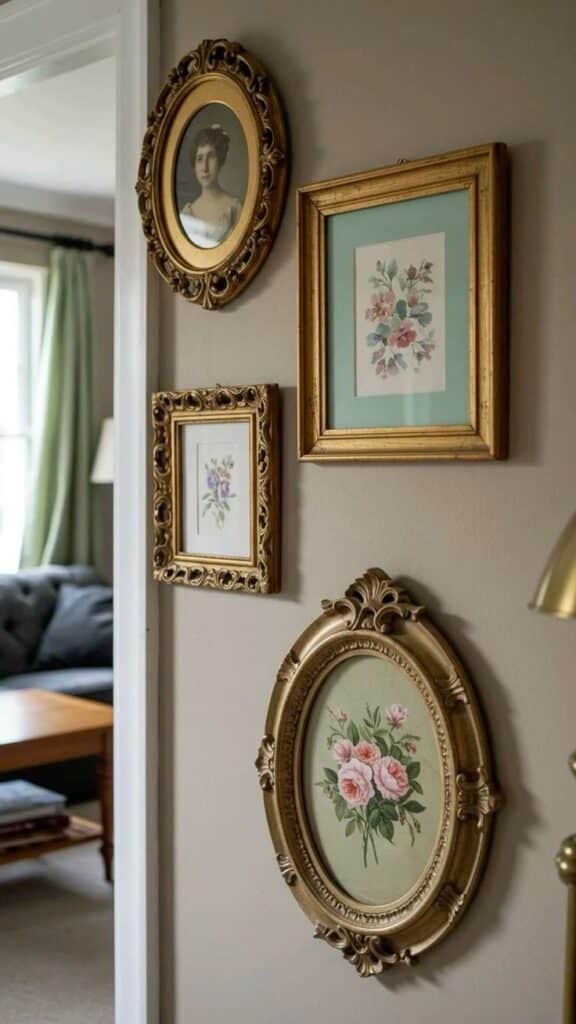
Furniture or decor from thrift stores can be revived with sanding and painting. Distressing paint gives a weathered look that fits many home styles.
Old picture frames can be cleaned and painted to create new wall art. Even metal or wooden signs find a place with a little creativity.
These projects allow personalization for a unique home style while keeping vintage charm alive.
Greenery and Indoor Plant Displays
Indoor plants add fresh life and color to any room. Using unique pots, smart shelf setups, and creative hanging methods makes plants both attractive and easy to care for.
DIY Planters and Pots
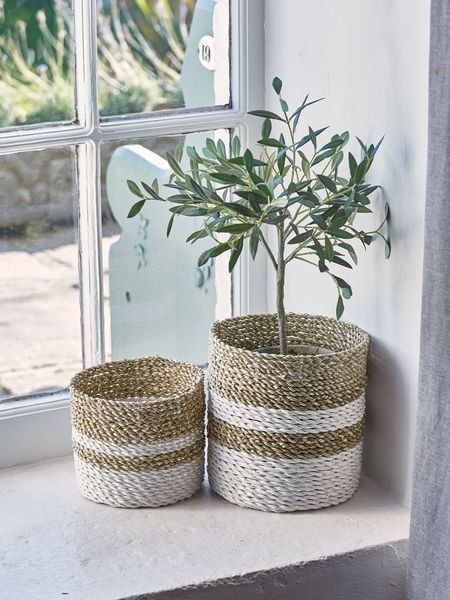
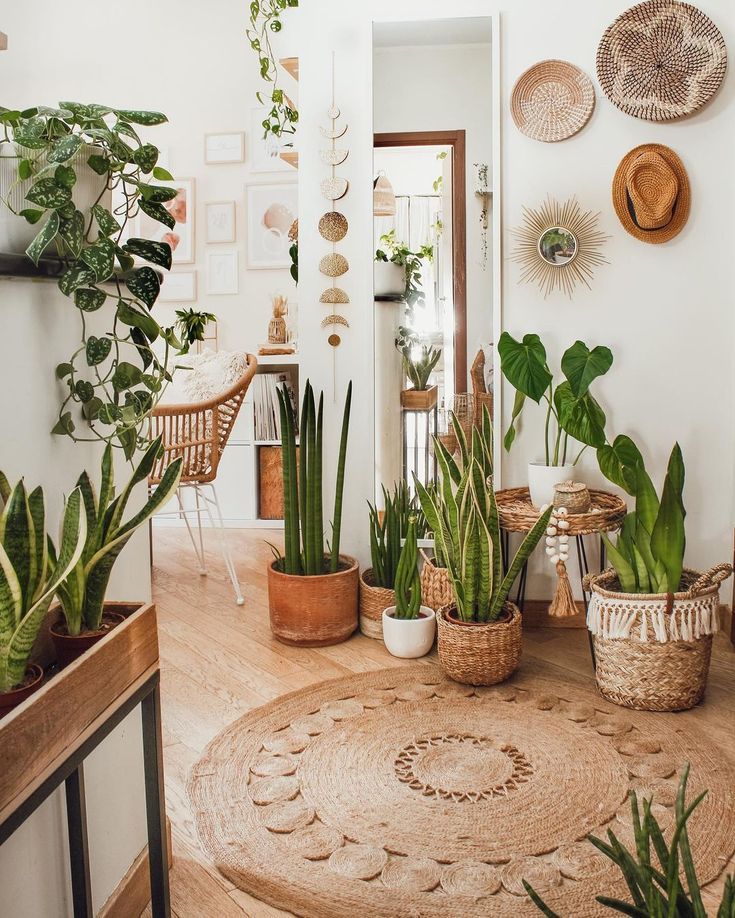
Making planters at home saves money and offers style control. Common materials include clay pots, glass jars, and wooden boxes. Painting or decorating these with acrylic paint or washi tape personalizes each planter.
For drainage, drilling holes or adding a layer of pebbles at the bottom keeps plants healthy. Using recycled items like tin cans or old teacups can create charming, eco-friendly containers.
Adding labels with chalkboard paint or tags helps keep track of plant types and care instructions.
Creative Plant Shelf Arrangements
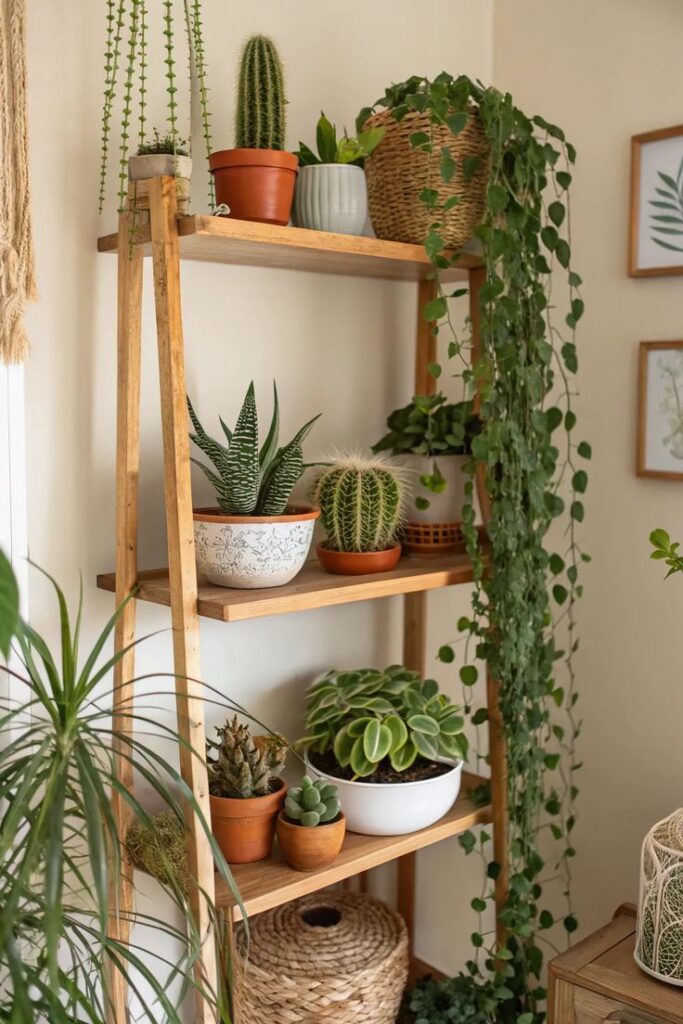
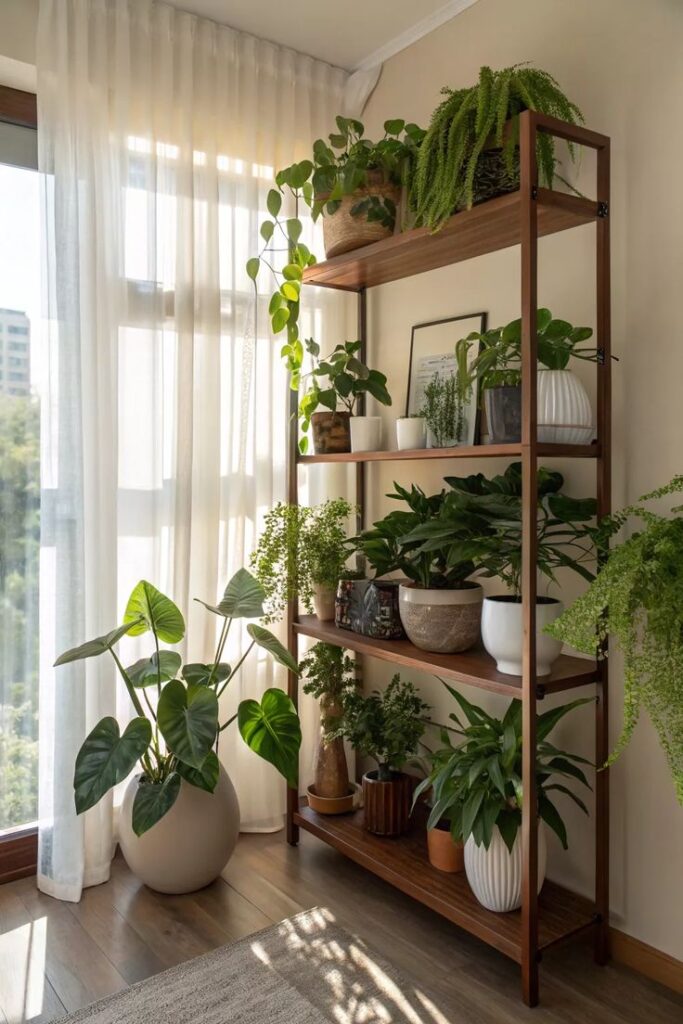
Arranging plants on shelves requires balancing size, light, and style. Taller plants like snake plants work well on the floor or bottom shelves. Smaller plants, such as succulents, fit neatly on upper shelves or corners.
Mixing pots of different shapes and colors adds visual interest. Grouping plants in odd numbers, like threes or fives, improves flow and looks less cluttered.
Shelves near natural light sources help plants thrive. Adjustable shelves can be handy, allowing changes as plants grow or the collection expands.
Hanging Plant Ideas
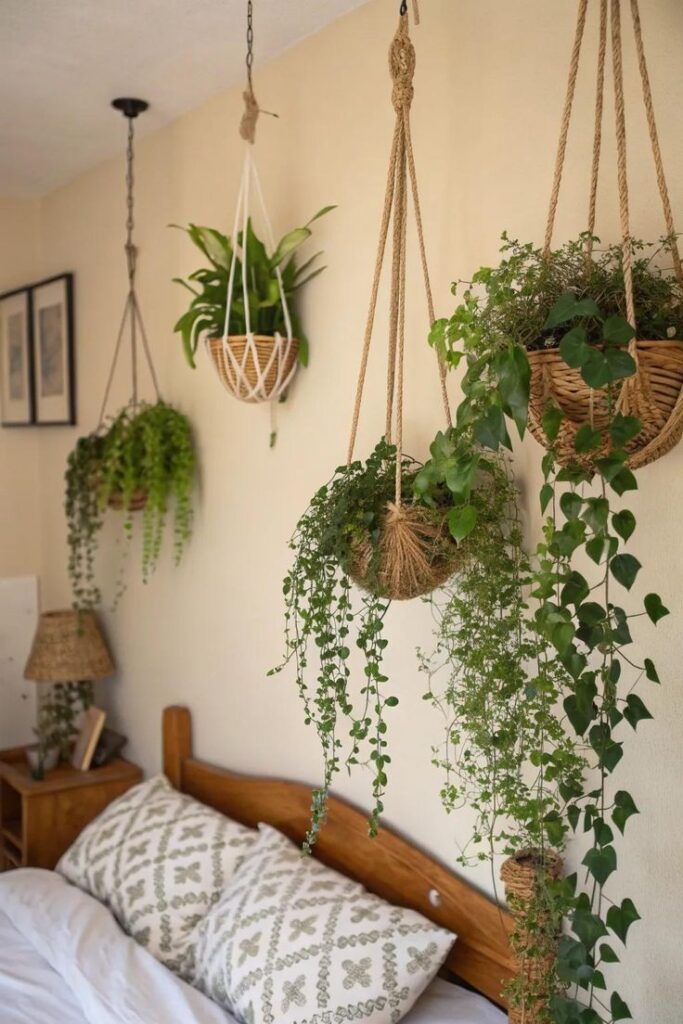
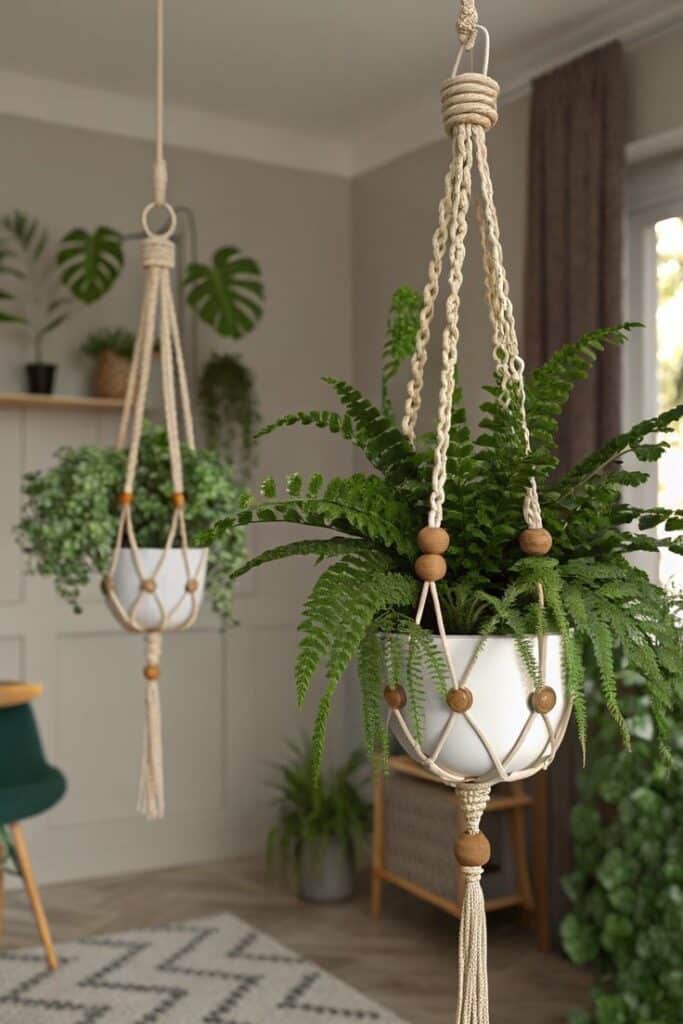
Hanging plants save space and create eye-catching decor. Macrame hangers are popular and easy to make with cotton cord or yarn. They suit trailing plants like pothos or spider plants.
Attaching hanging planters near windows maximizes sunlight exposure. Using hooks or ceiling mounts that support weight securely is important for safety.
For a modern look, clear glass or geometric metal planters add style while showing off plant roots and soil. Hanging multiple plants at varying heights creates a layered effect.
Lighting Enhancements
Lighting can change how a room feels and looks. Using simple materials, anyone can make unique lighting pieces that add style and warmth. These ideas focus on easy projects that improve light quality and decorate your space.
DIY Lampshades
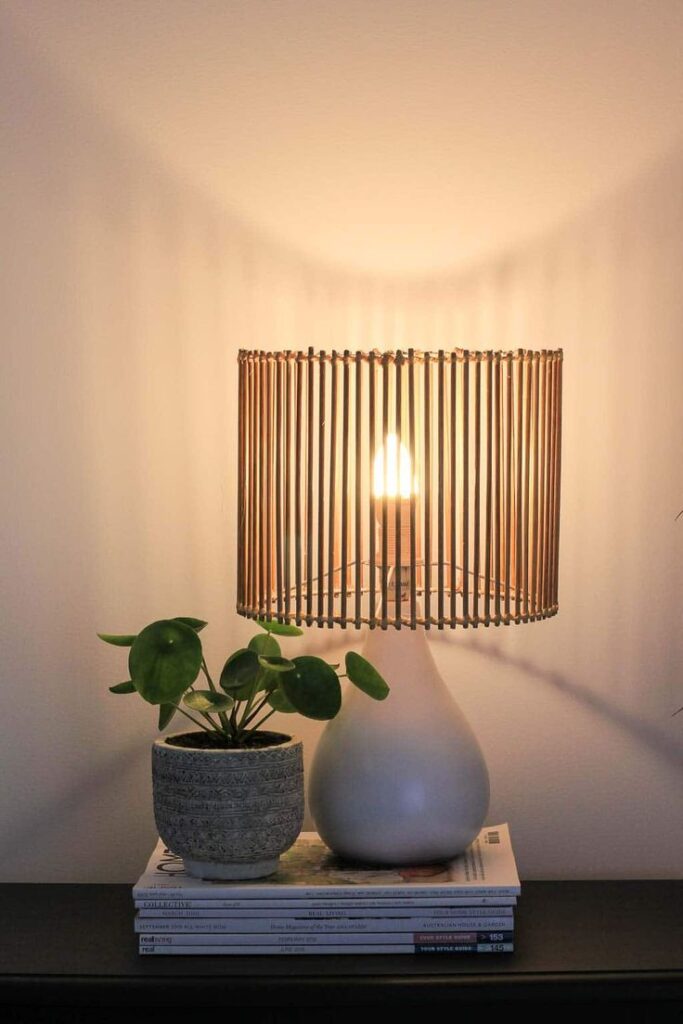
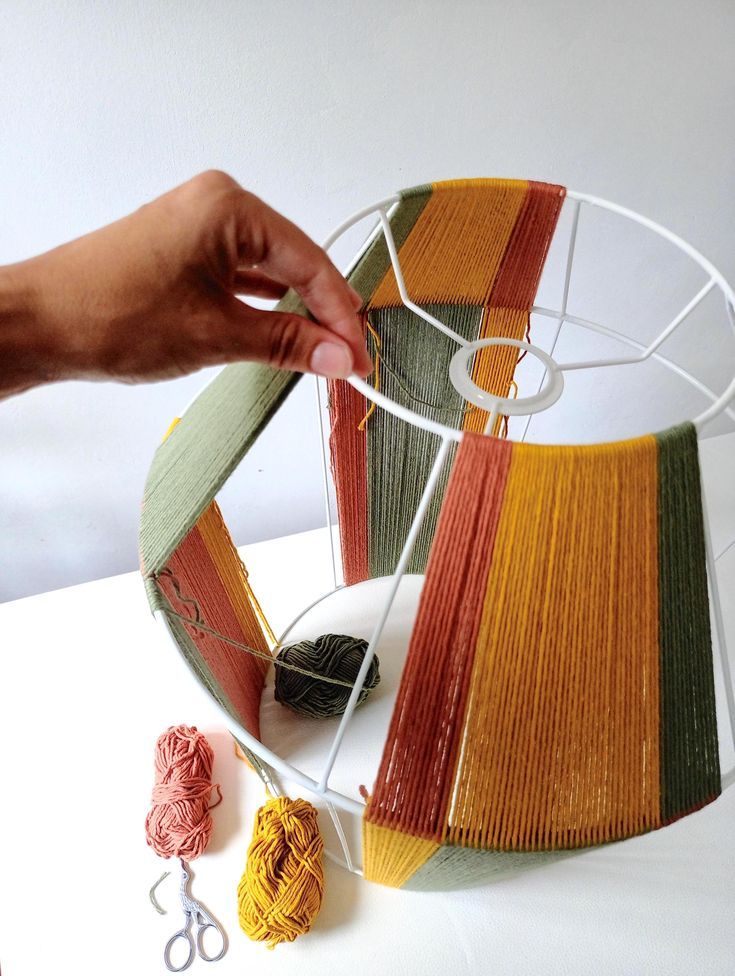
Making lampshades at home allows for personal style and control over light softness. One popular method is using fabric stretched over old lampshades or wire frames. Choose light-colored, thin fabric to let light through while hiding bulbs.
For sturdier shades, paper or woven materials like bamboo can be glued or tied to the frame. Decoration with paint, ribbon, or cut-out patterns creates different effects when lit.
Safety is key: use LED bulbs because they stay cool and reduce fire risk. DIY lampshades provide a fresh look without buying expensive replacements.
String Lights and Lanterns
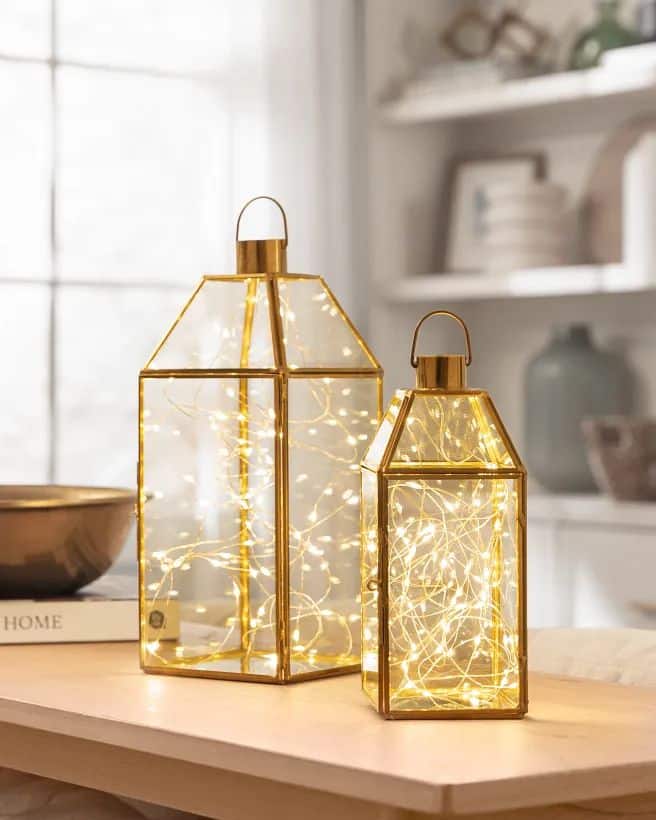
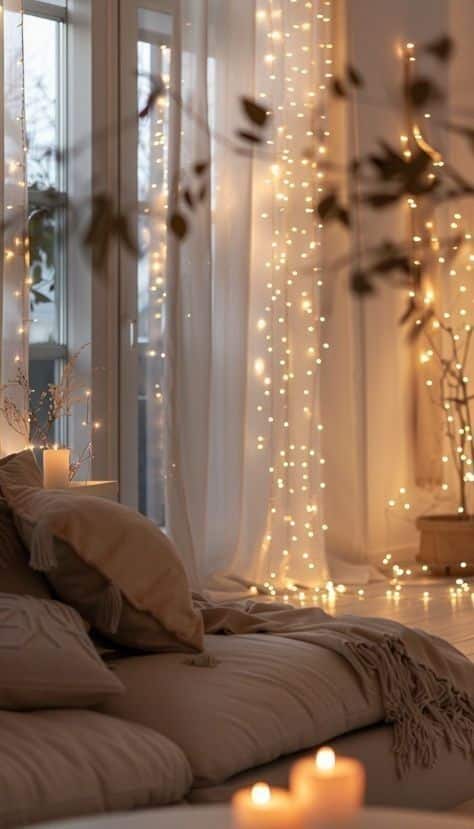
String lights can brighten any room and create cozy moods. They work well indoors along walls, shelves, or around windows. Battery-powered sets offer flexibility without cords.
Paper or fabric lanterns add interest to string lights. These can be made by folding paper into shapes or using old jars as lantern covers. LED tealights inside jars make safe, charming lanterns.
String lights also work well outdoors for patios or decks. Grouping lights in clusters increases brightness and makes spaces inviting.
Creative Candleholders
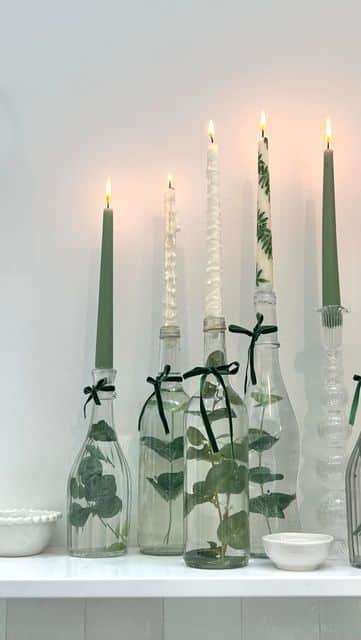
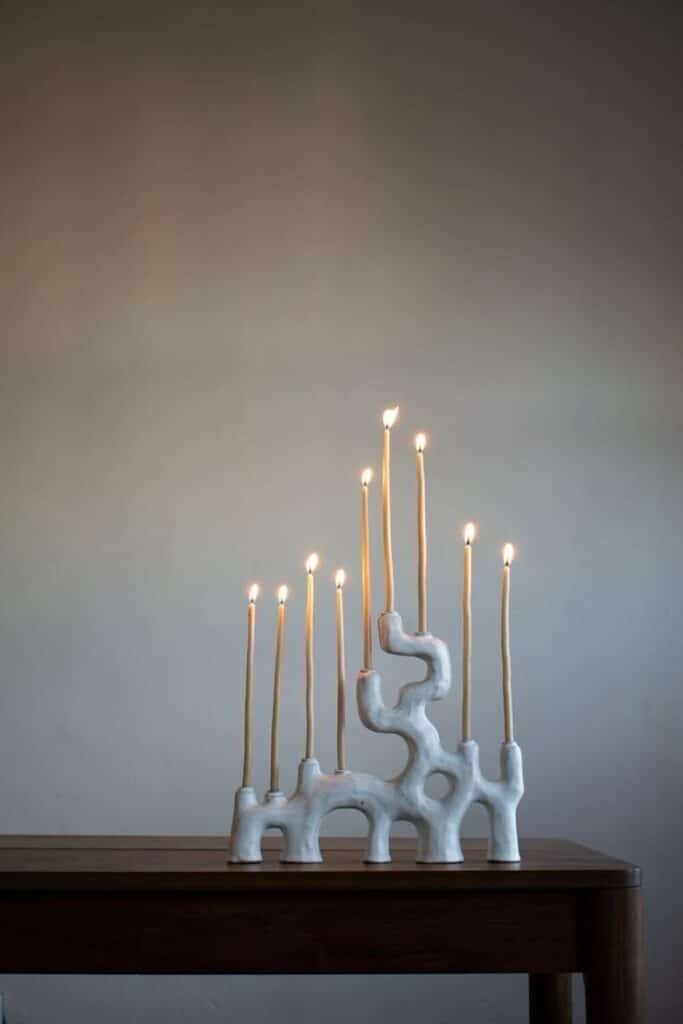
Candleholders can turn simple candles into stylish décor. Using glass jars, old tins, or small pots gives a handmade look. Painting, wrapping with twine, or adding lace improves their appearance.
One idea is filling glass jars with colored sand or small stones before placing candles. This adds color and stability.
Always place candleholders on heat-safe surfaces. Battery-operated candles can replace real ones for safer use indoors, especially around children and pets.
Personalized Decor Elements
Personalized decor adds a unique touch by reflecting individual style and memories. It often uses names, photos, or initials to create meaningful pieces that fit specific spaces.
Custom Name Signs
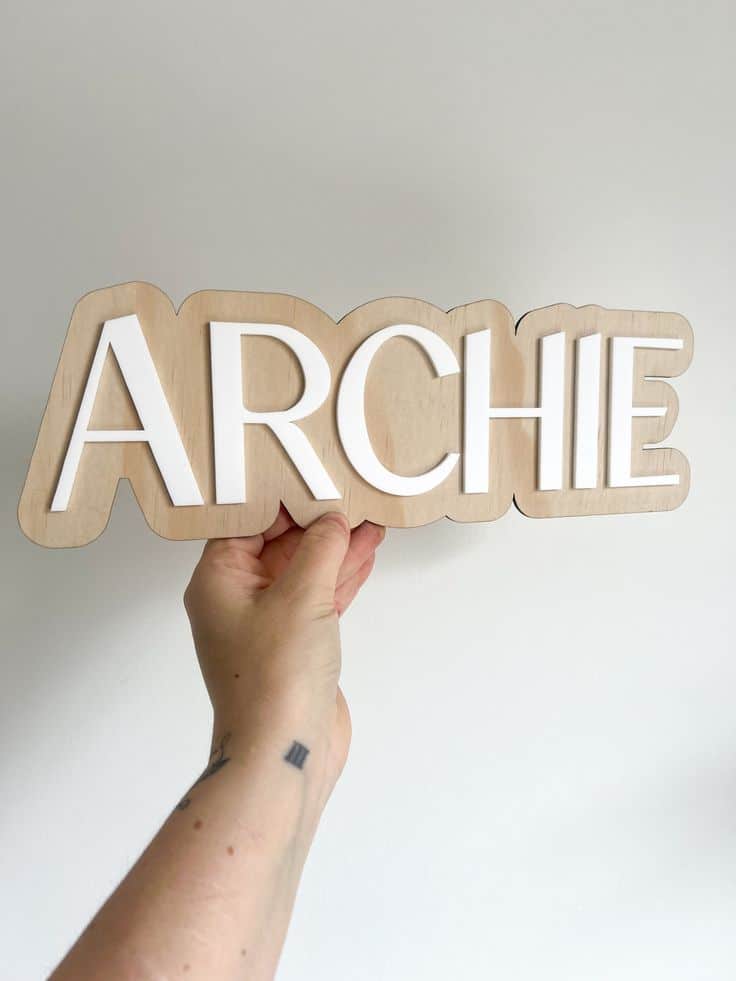
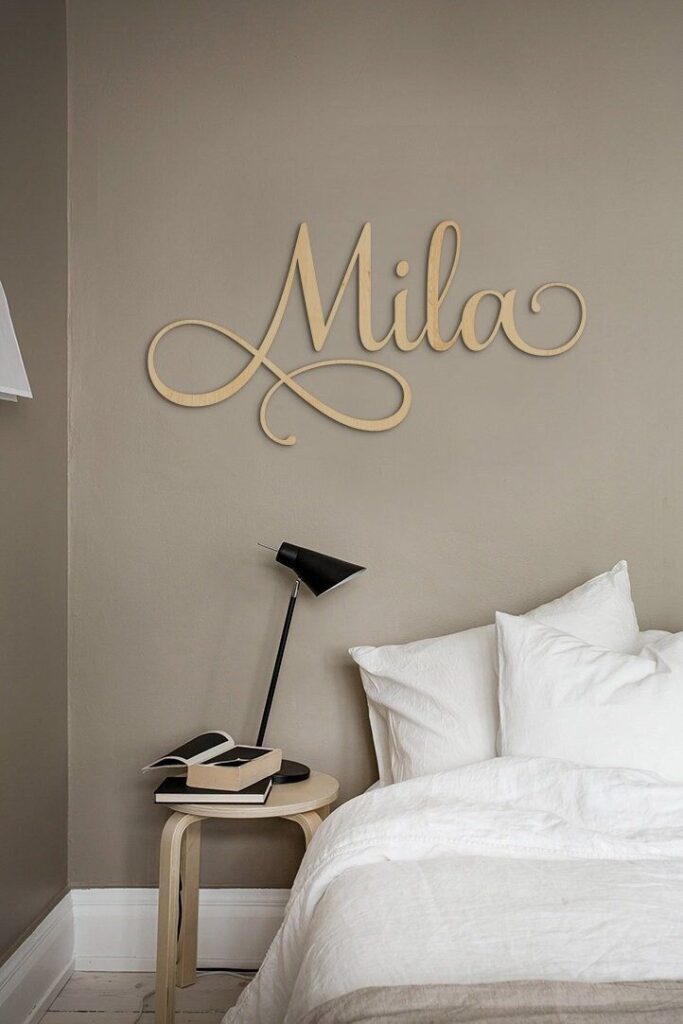
Custom name signs are popular for adding identity to a room. Materials like wood, metal, or acrylic can be used, depending on the desired style and durability.
These signs can be painted or decorated with patterns and colors to match the room’s theme. They work well in entryways, bedrooms, and home offices.
To make one, a person can buy letter cutouts or a blank board and use stencils. Adding LED lights or hooks can increase both decoration and functionality.
Photo Displays
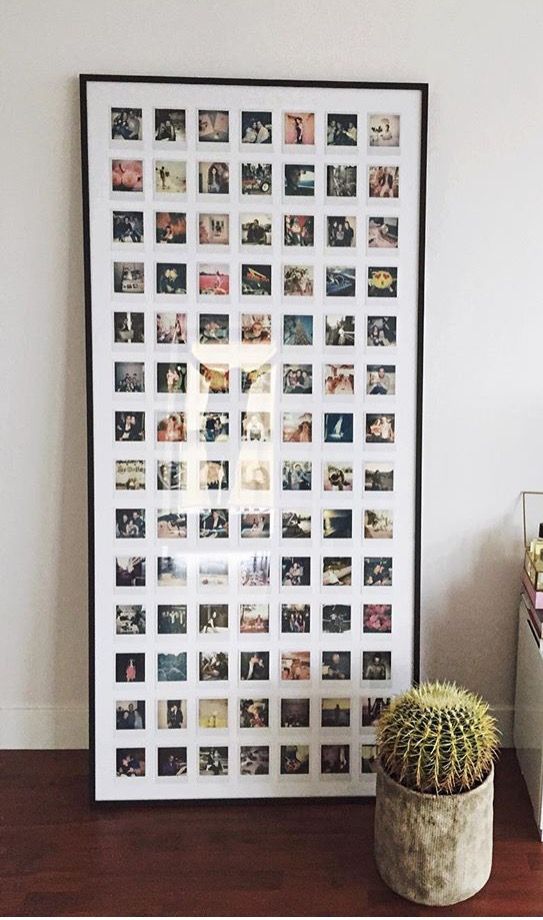
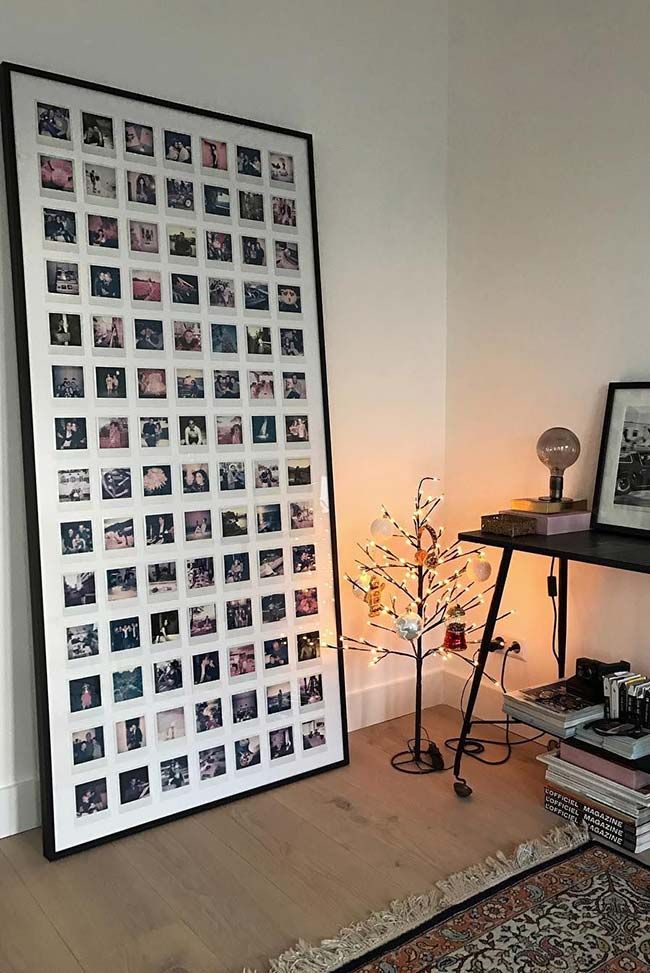
Photo displays bring personal memories into home decor. These can include framed pictures, photo collages, or hanging photo grids.
Frames in various sizes and styles help organize photos while enhancing the room visually. Using matching frames or a consistent color scheme creates a clean look.
DIY options include clip strings or cork boards that allow easy photo changes. Adding small decorative elements like washi tape or tags can make the display more dynamic.
Monogrammed Projects
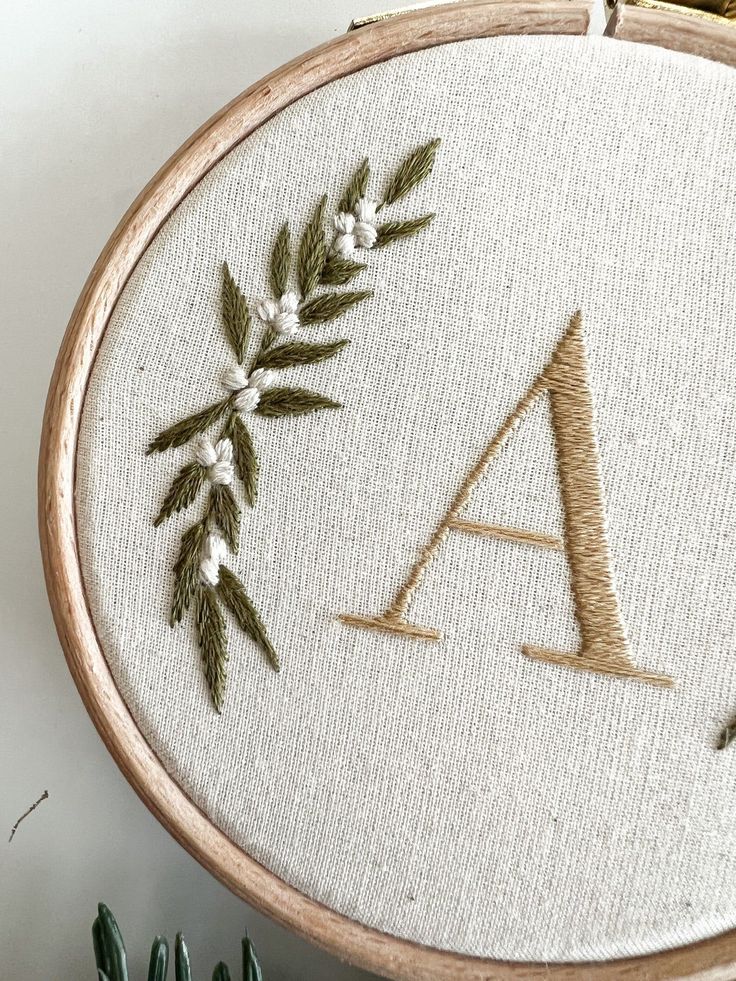
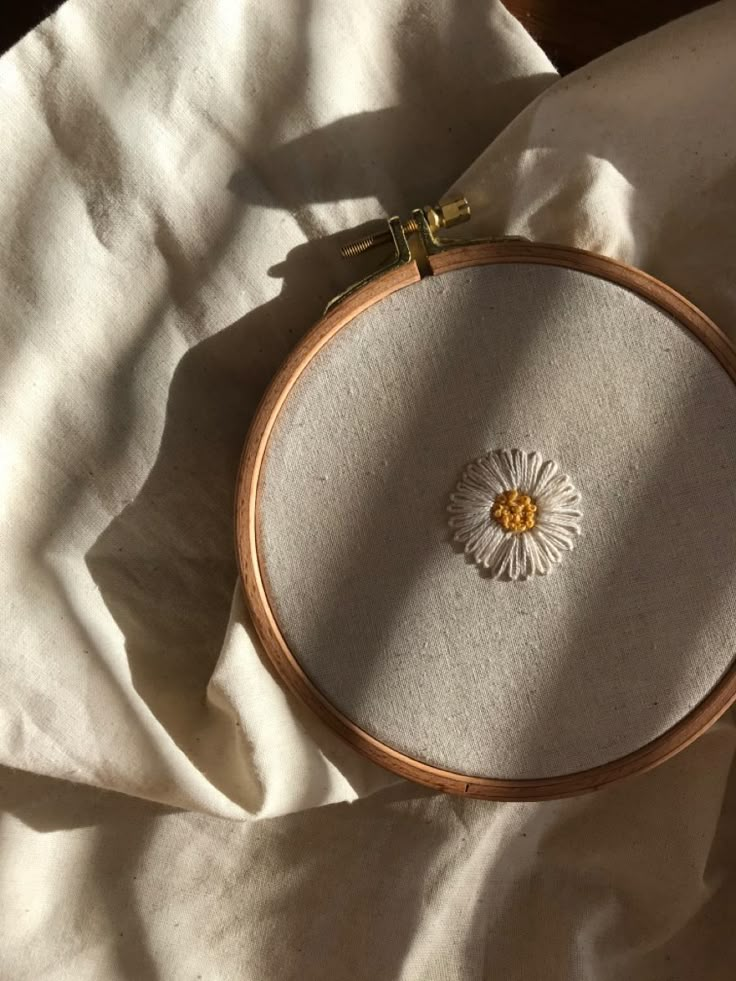
Monogrammed decor focuses on initials for a subtle personal touch. Common items include pillows, blankets, wall art, and mugs.
The monogram style can be simple or ornate, and choosing a font that matches the room’s mood is key. Embroidery, vinyl decals, or paint are popular methods.
DIY monogram projects often use stencils or iron-on letters. These pieces add subtle sophistication while keeping a space feeling personal and refined.
- 489shares
- Facebook0
- Pinterest486
- Twitter3
- Reddit0

